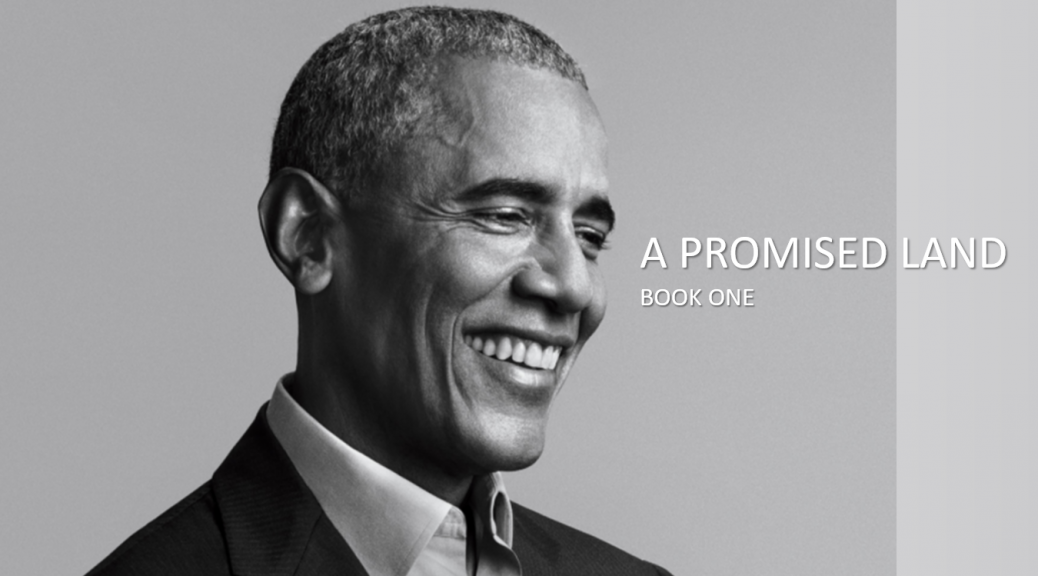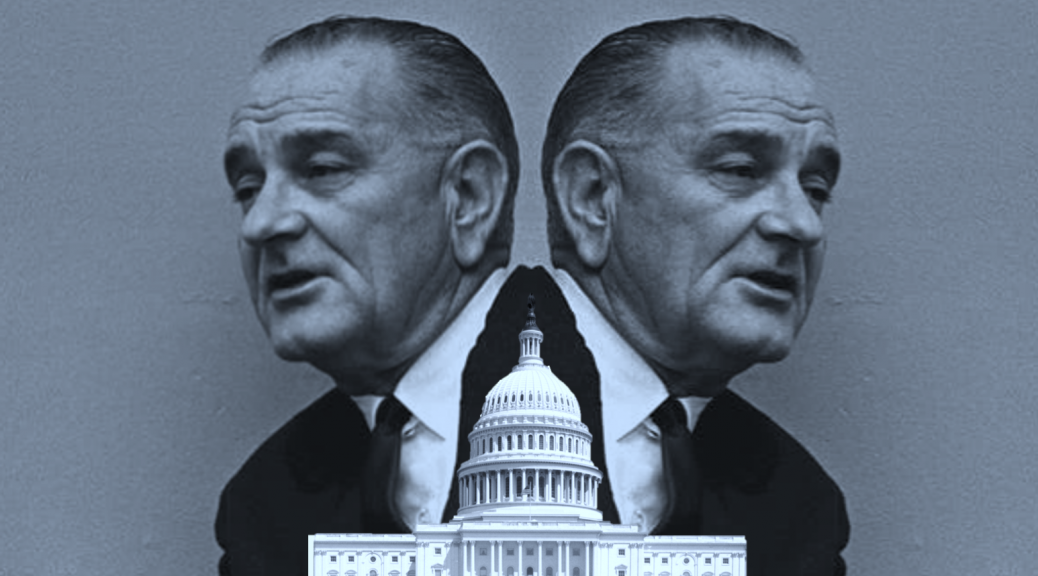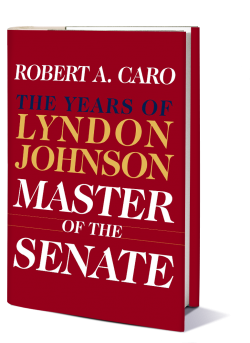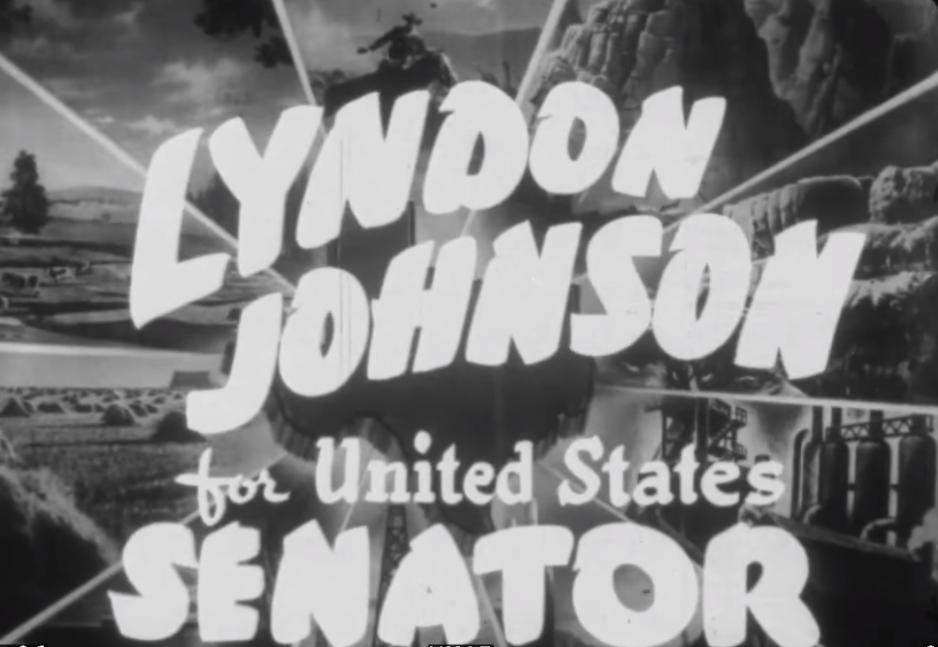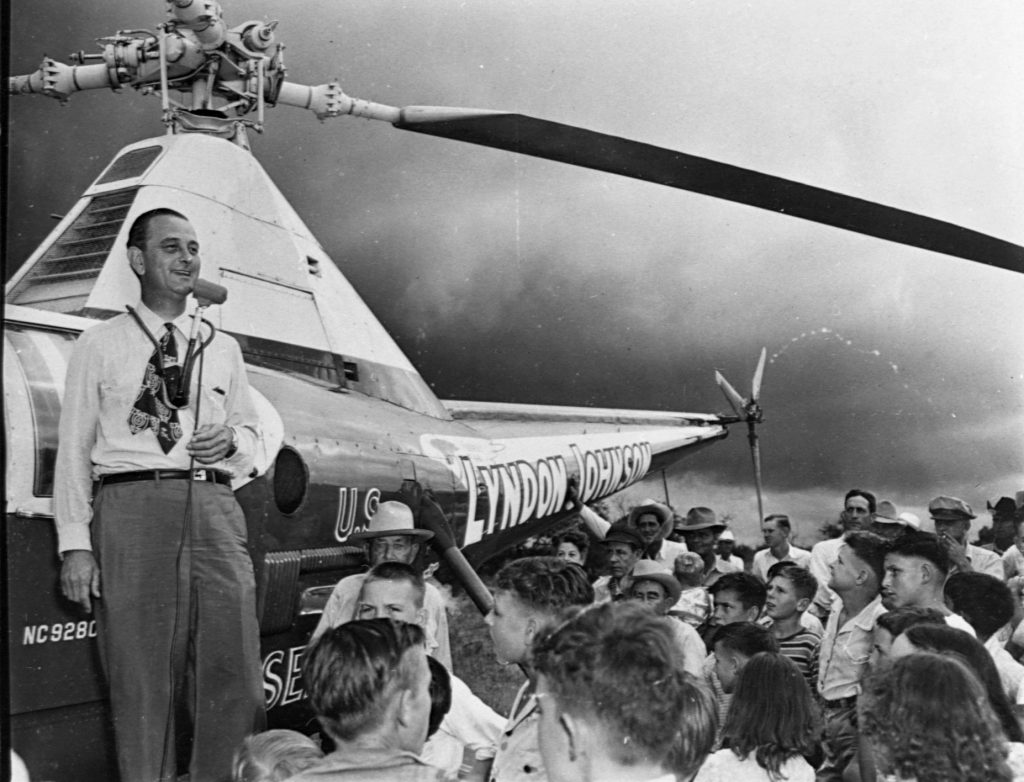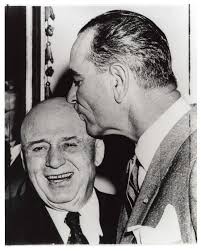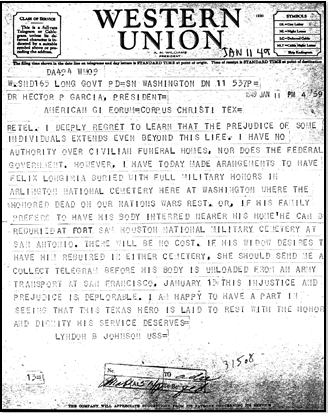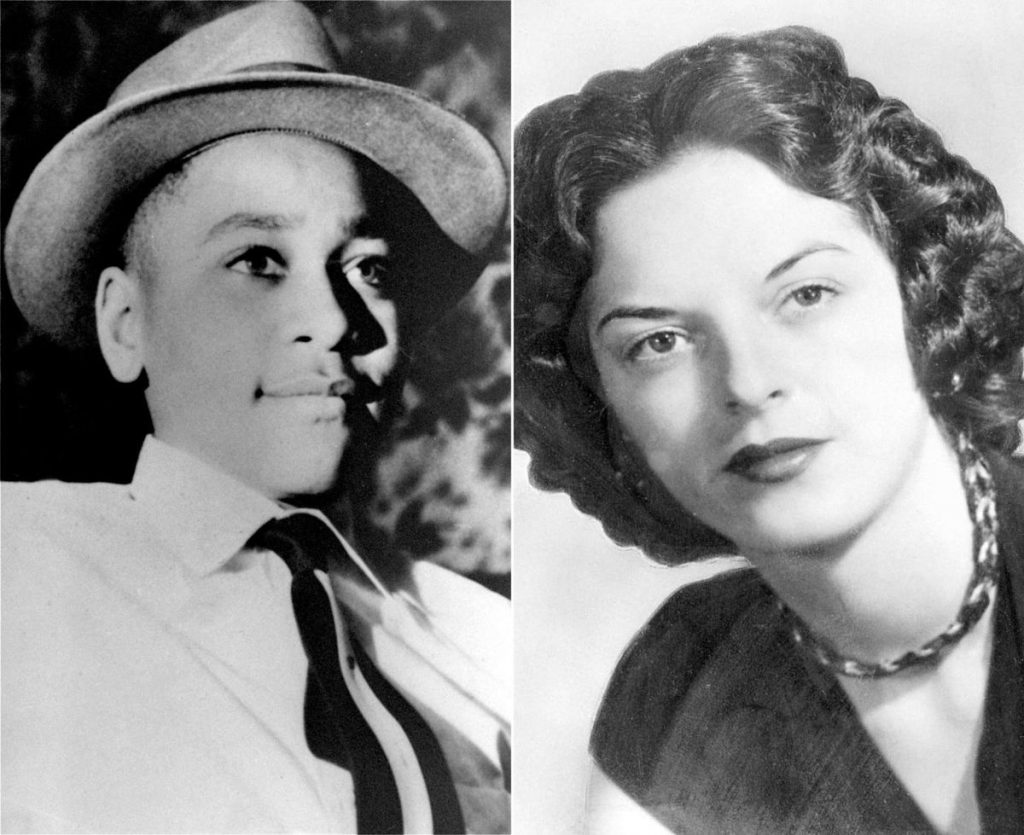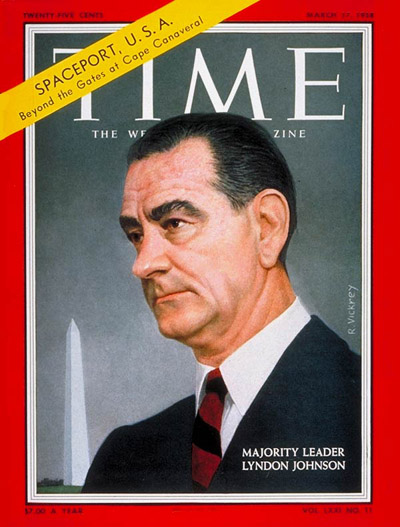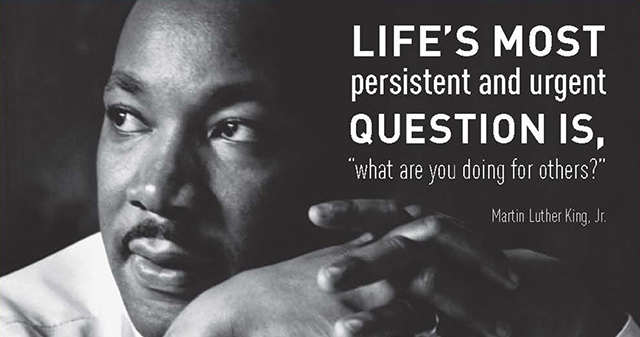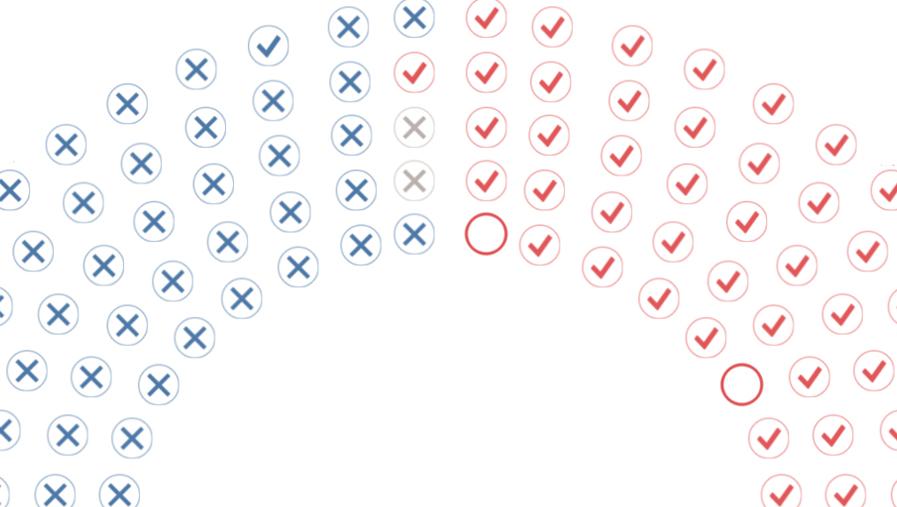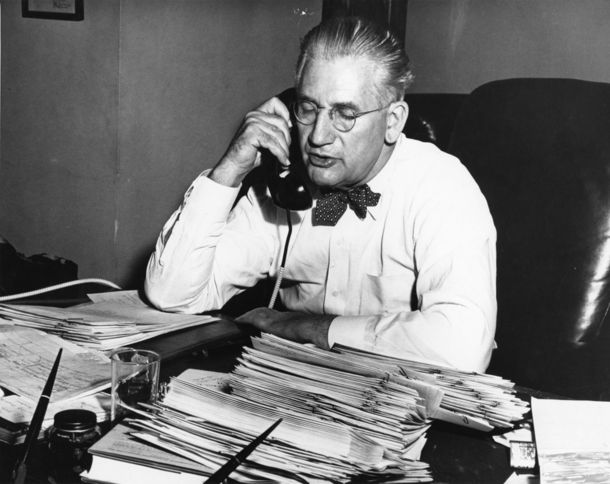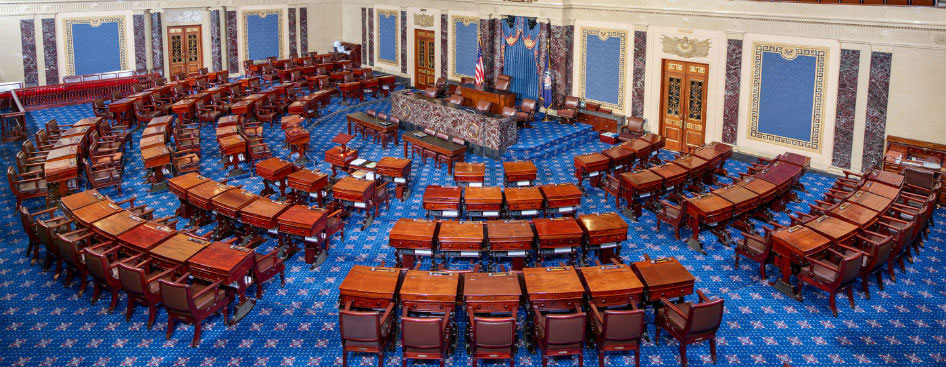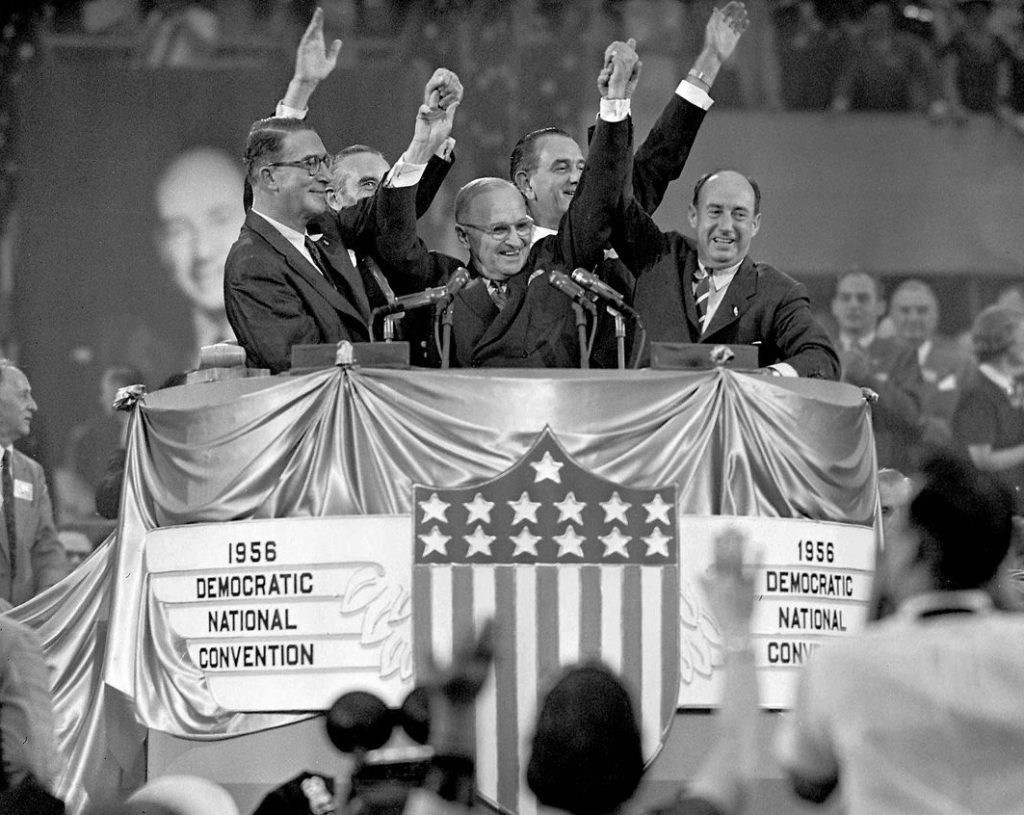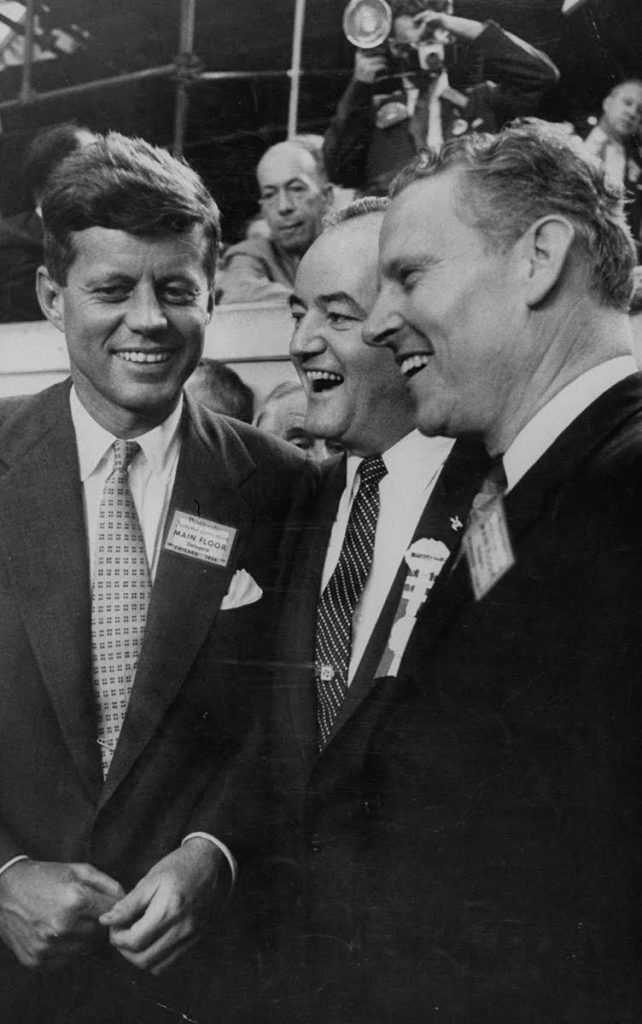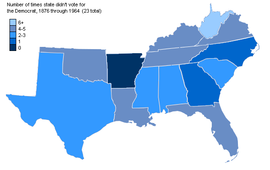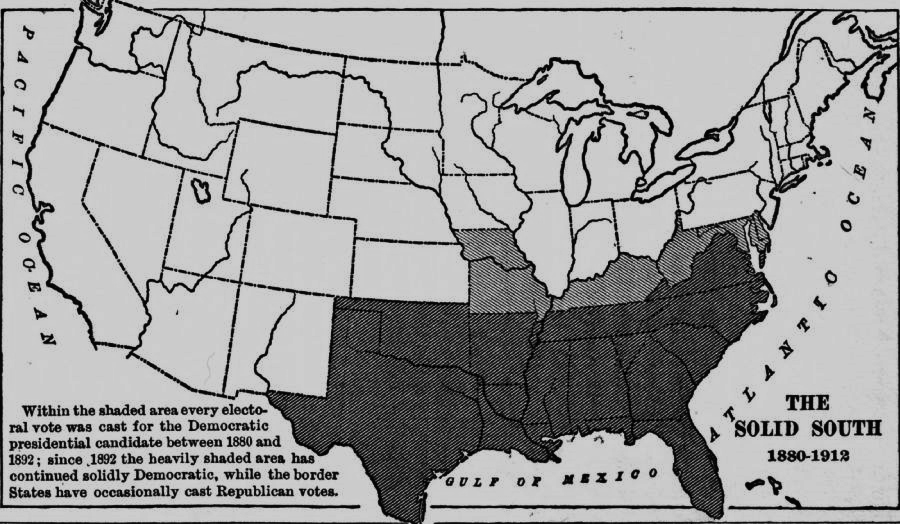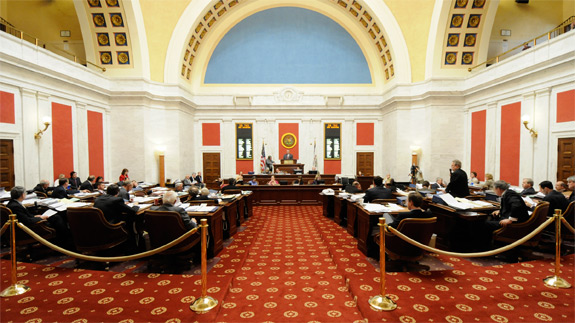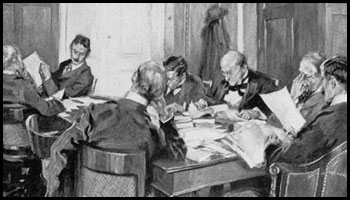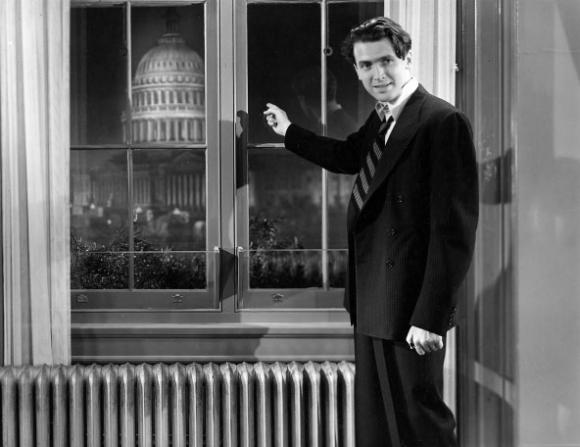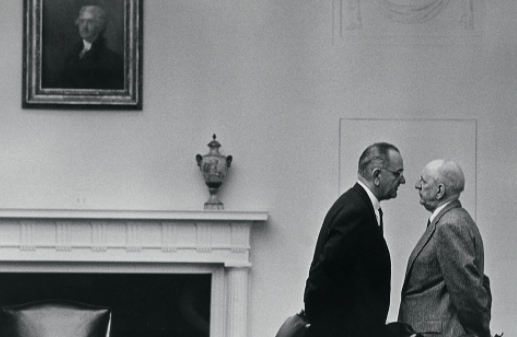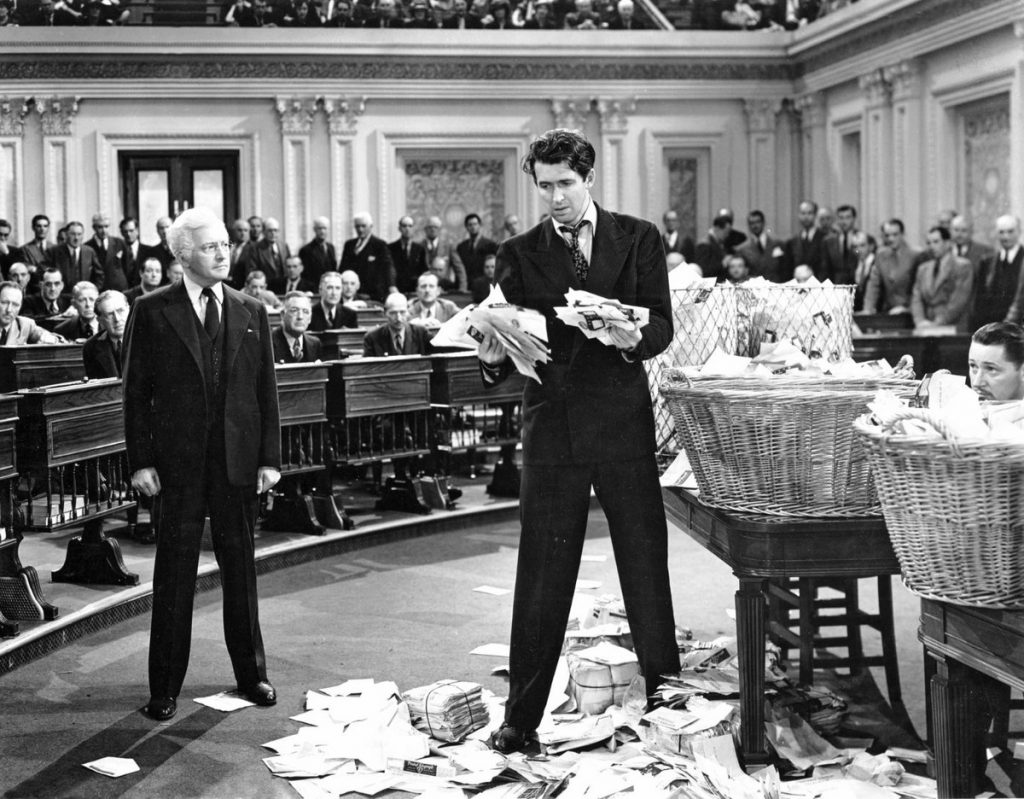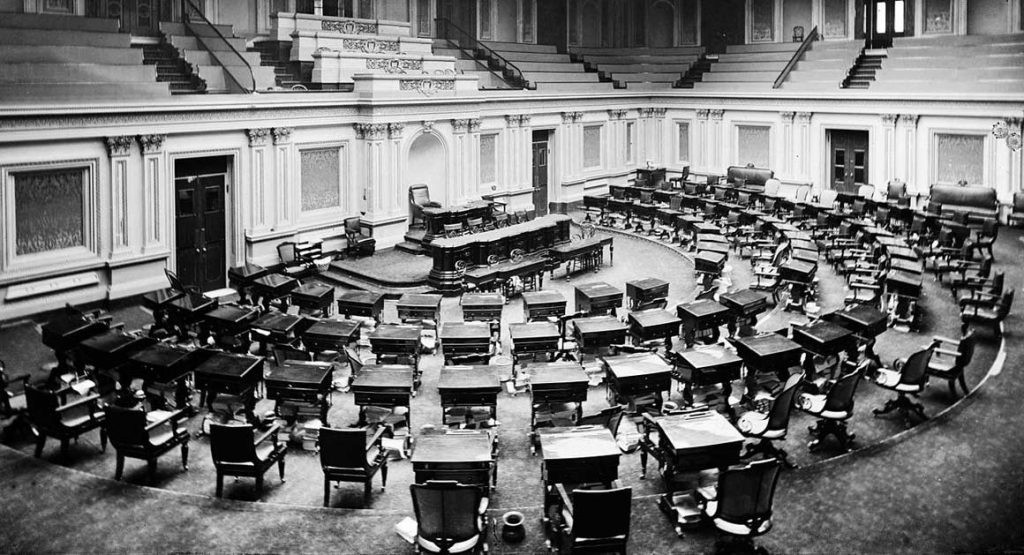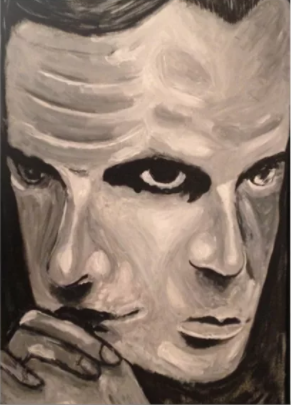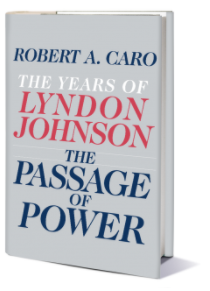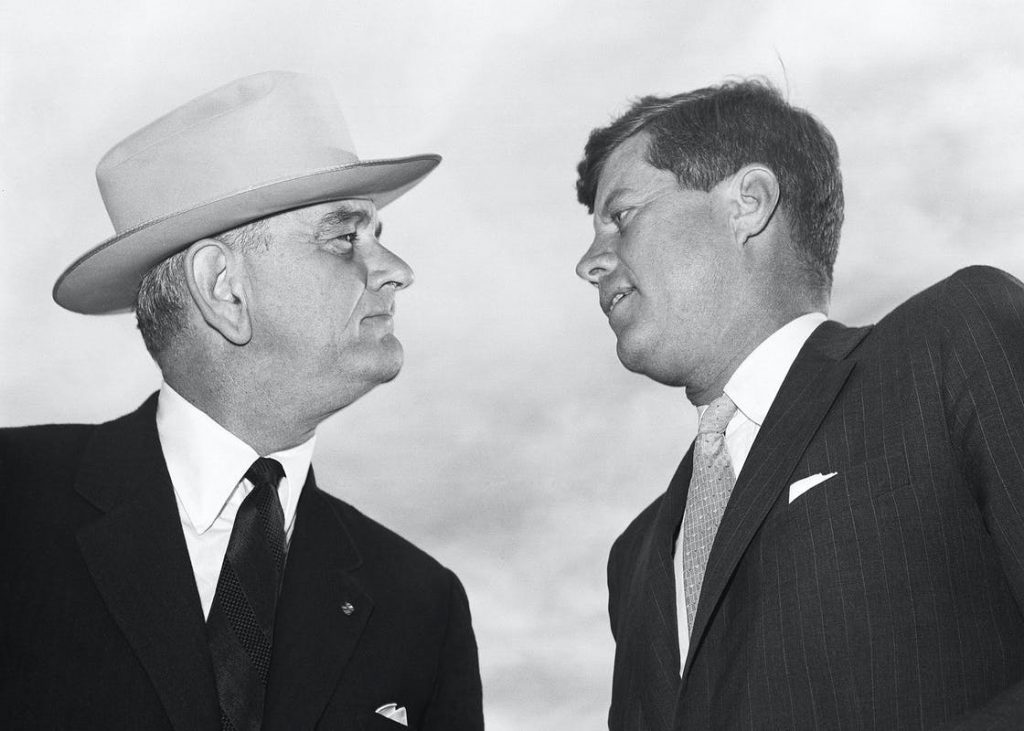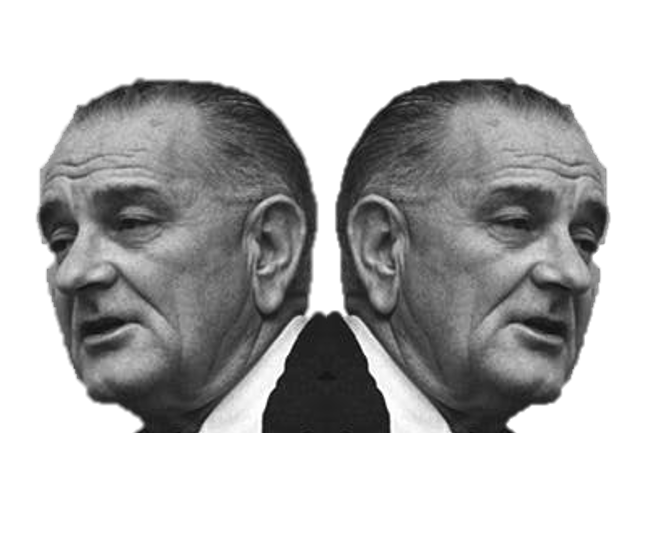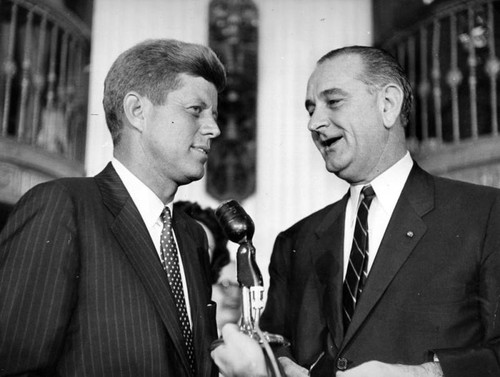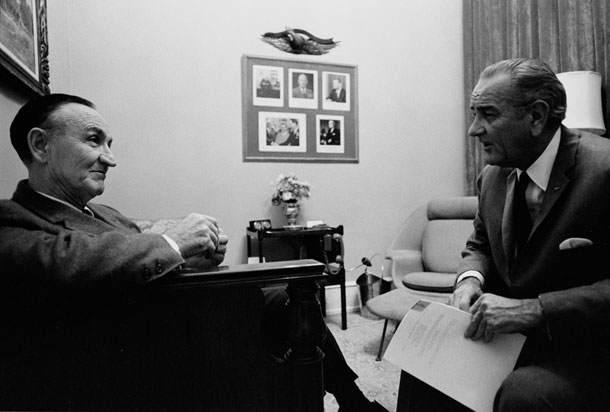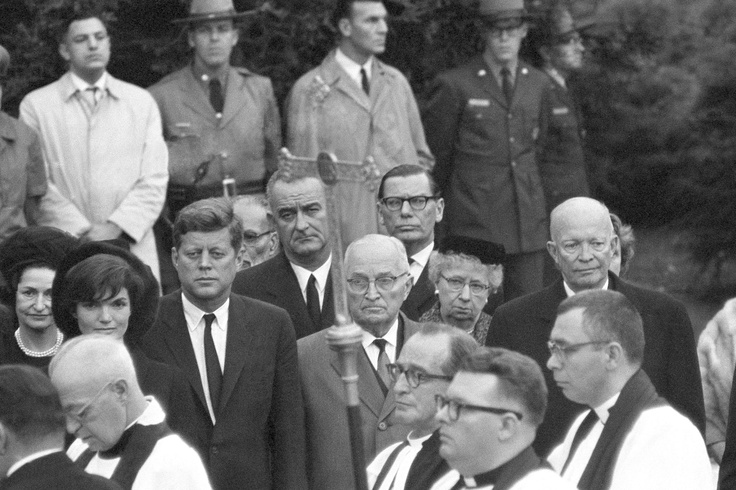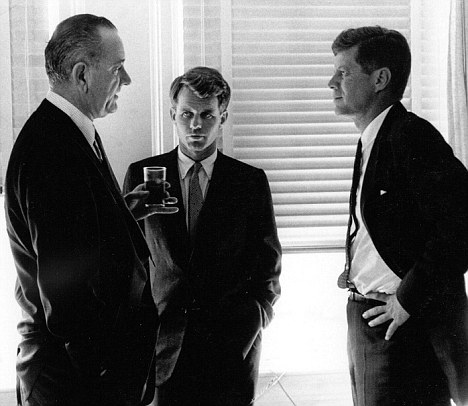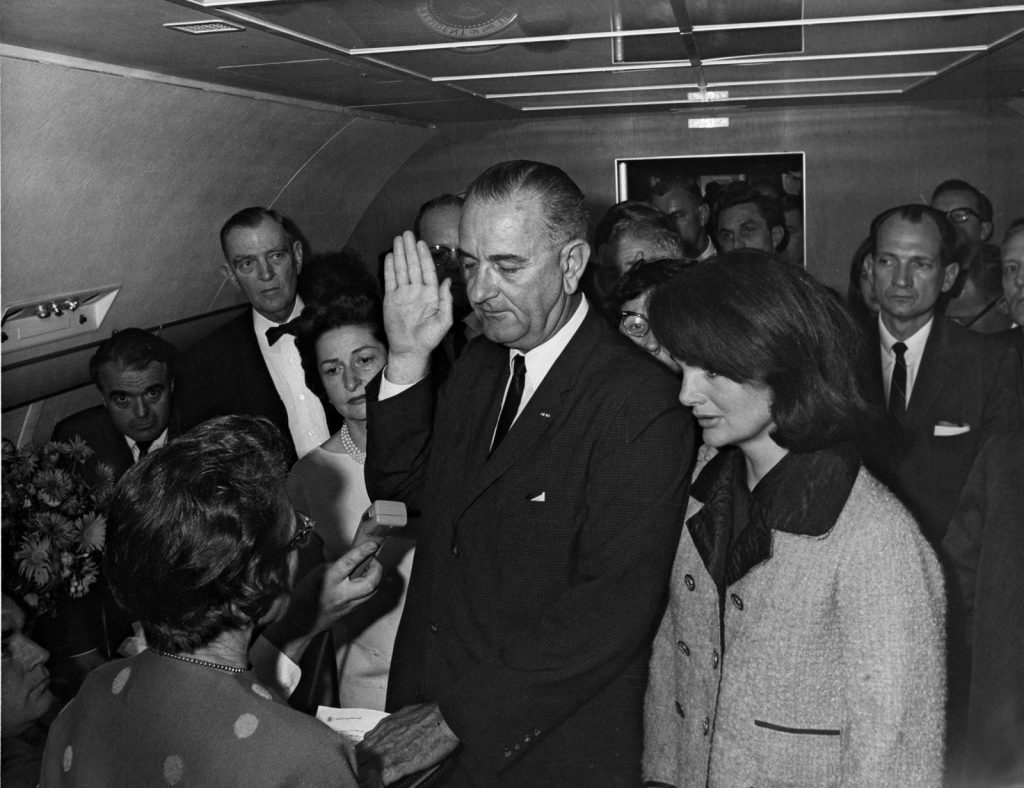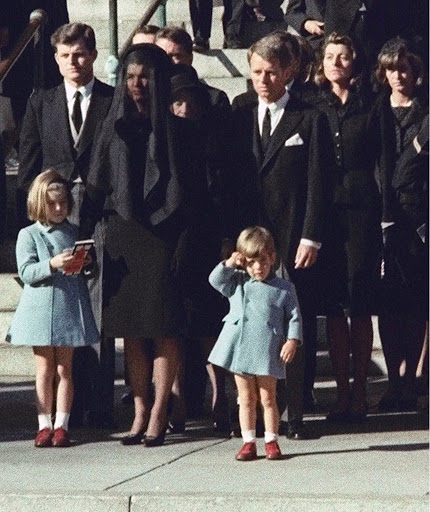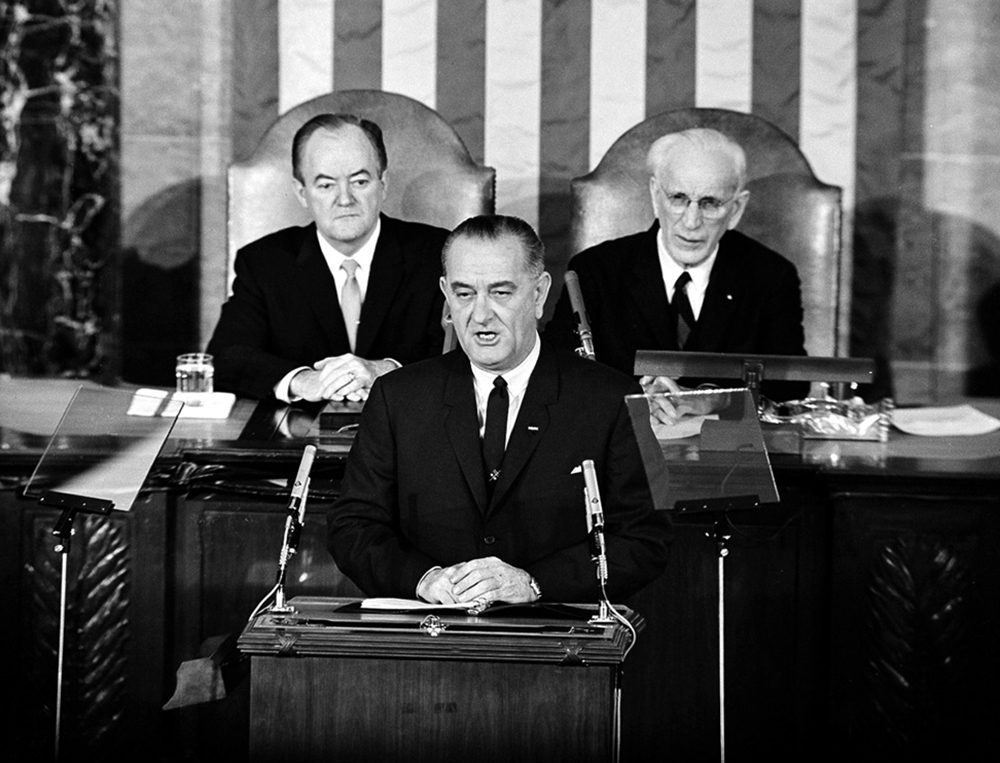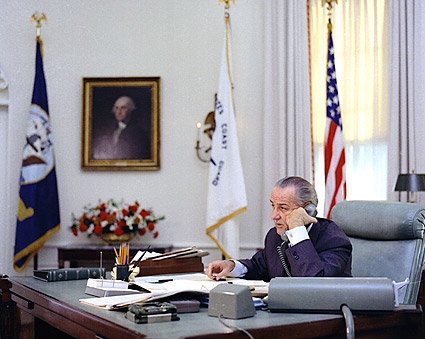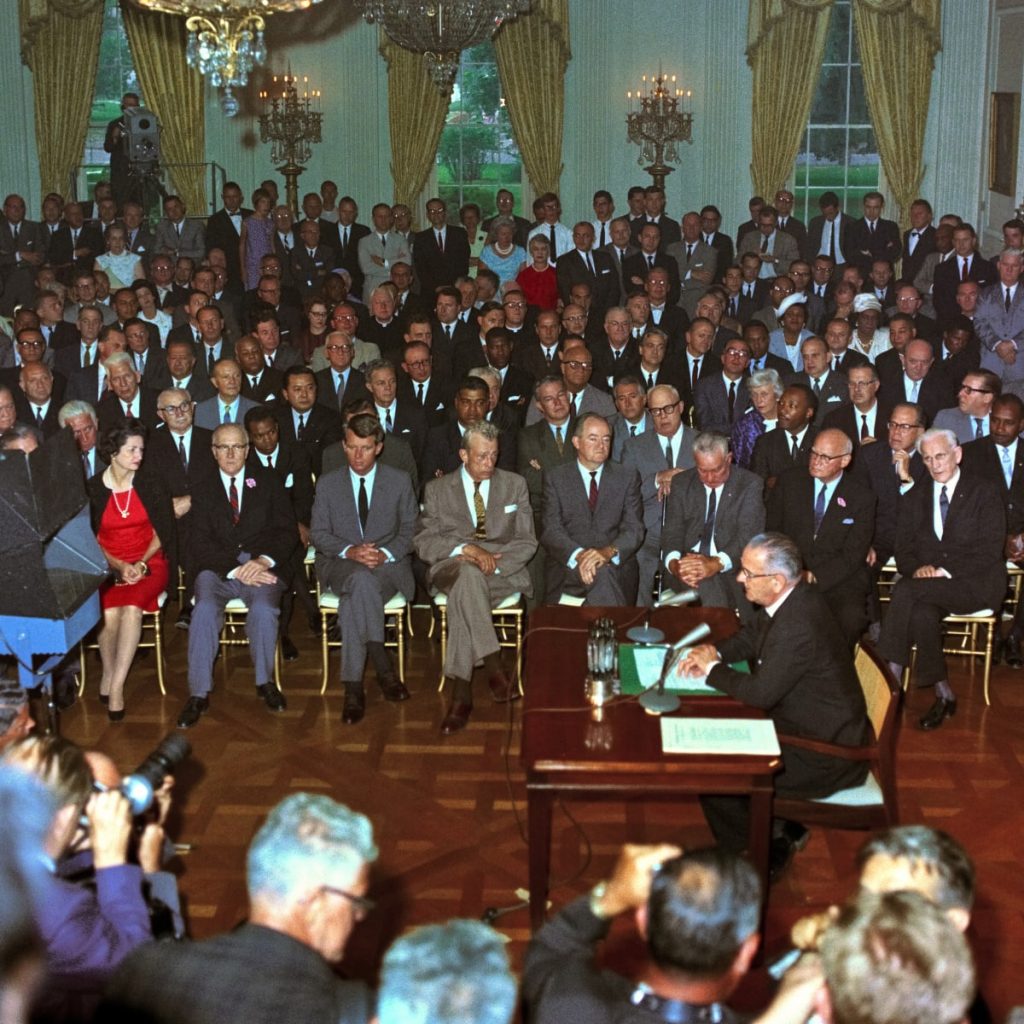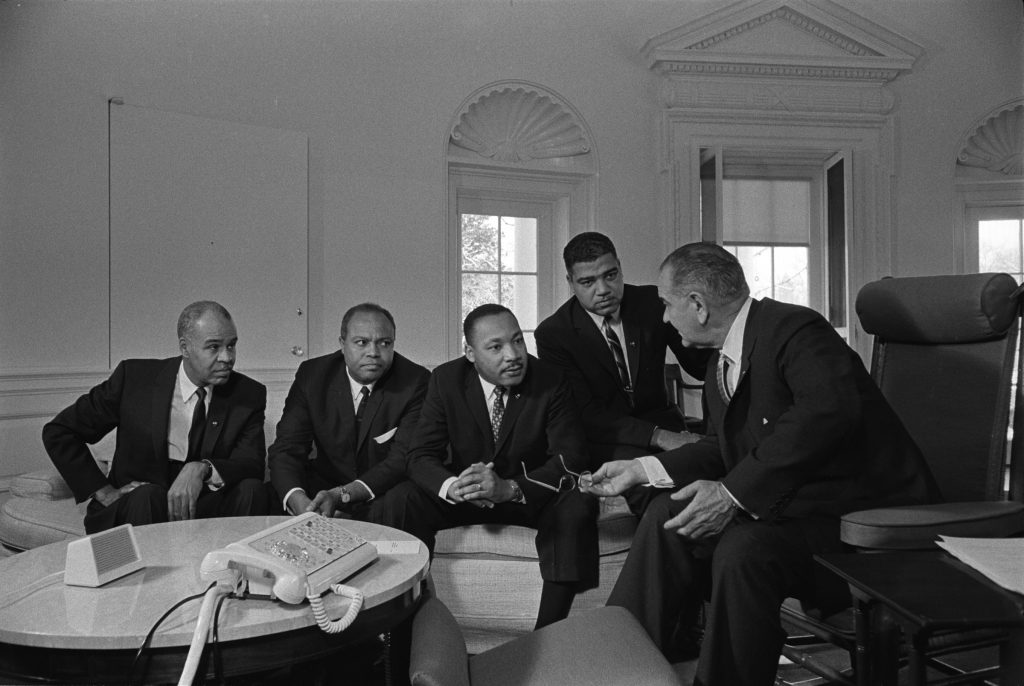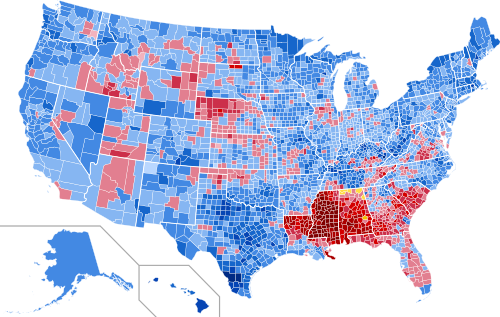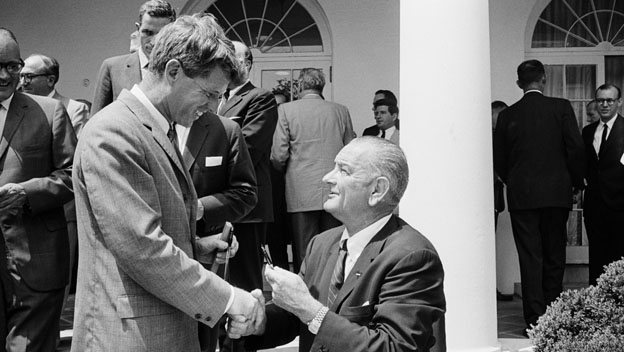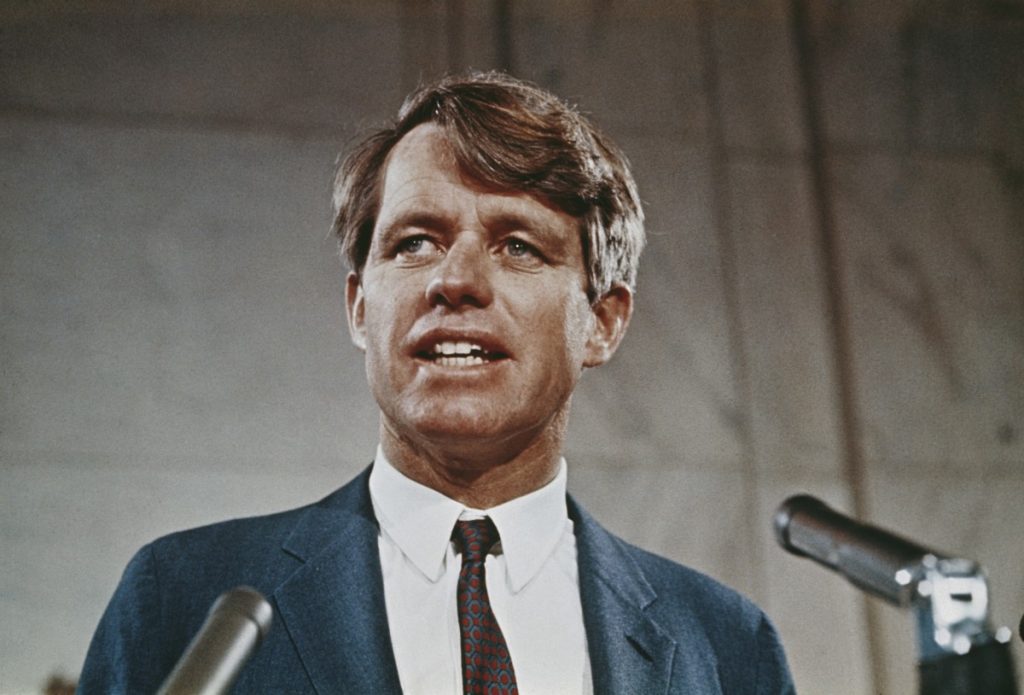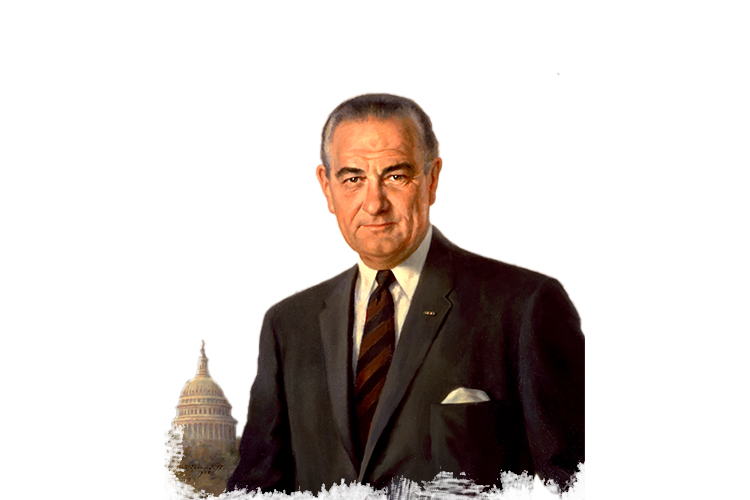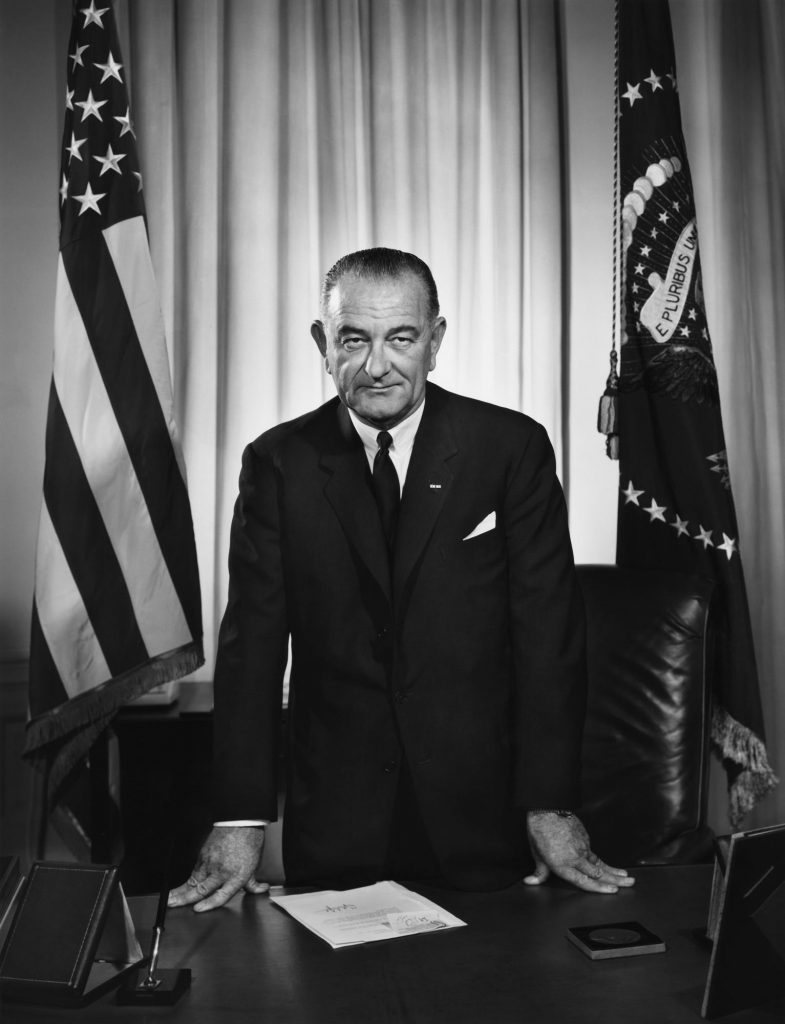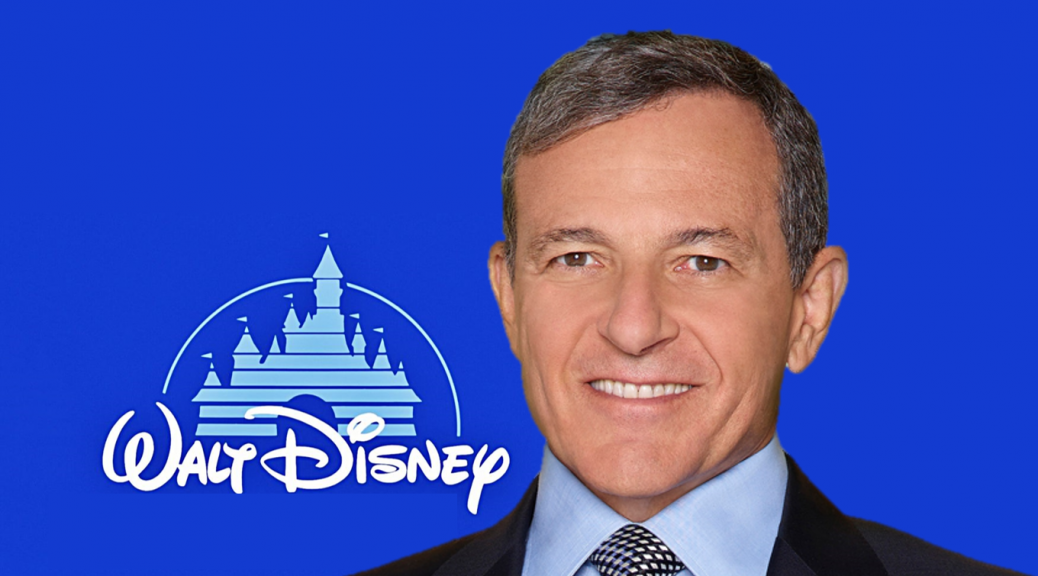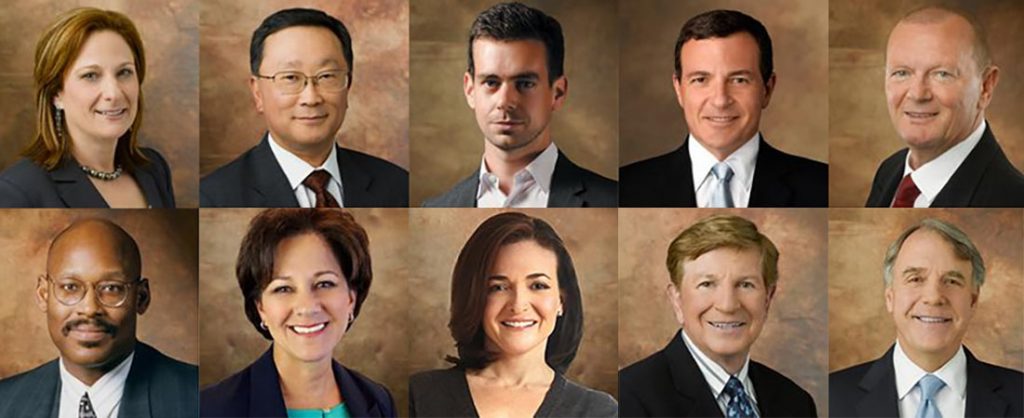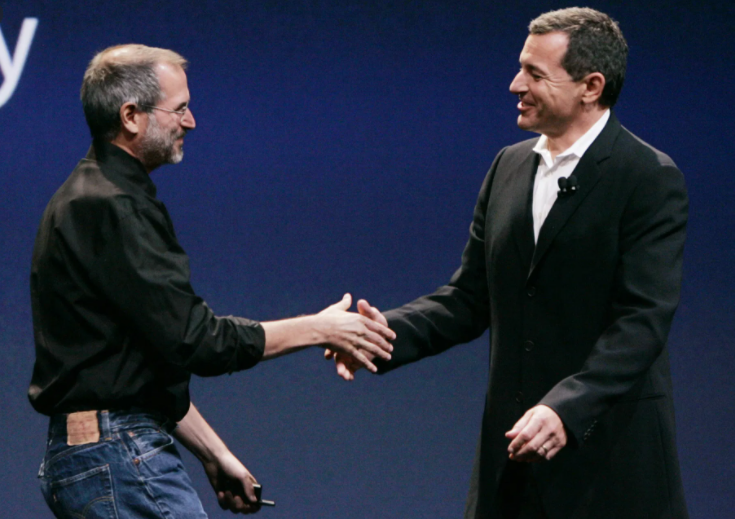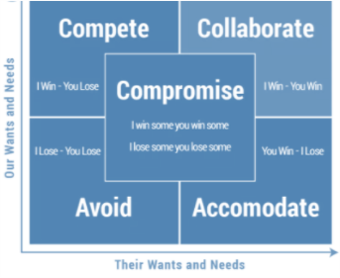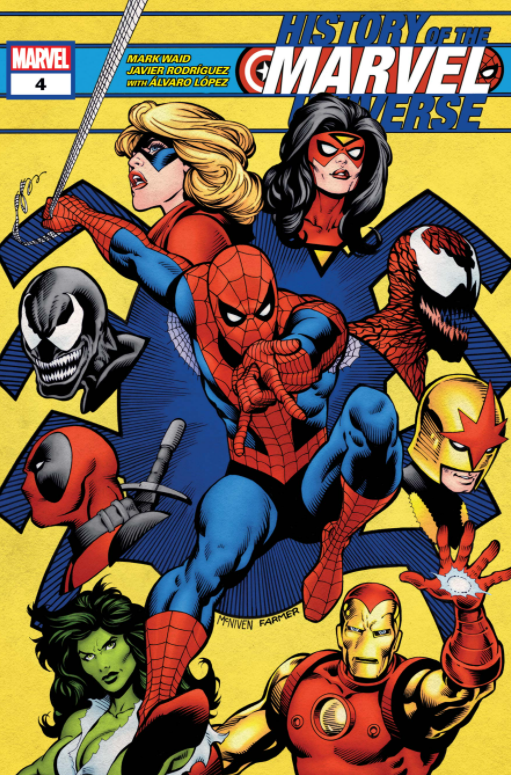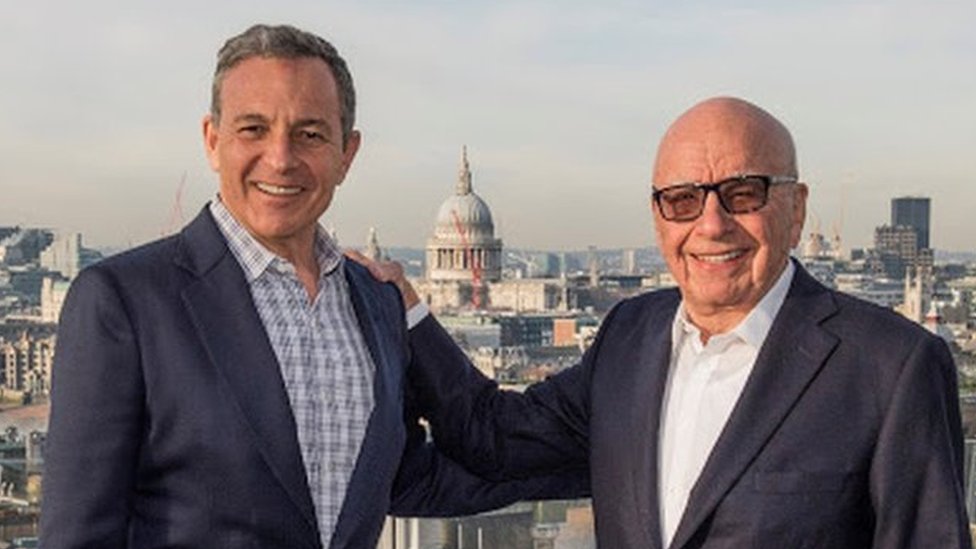Representative Democracy is Emotional / Inspiration to the Public and then Rational / Legal to the Legislator
When Harold Washington became the first African American mayor of Chicago, it wasn’t so much what the guy did (legislatively), it was how he made you feel, according to Obama. Because having Washington as mayor of Chicago suggested that someone who looked like Obama could make a difference. Symbolism matters. For Obama, results aren’t necessarily as important as the symbolism which is foreshadowing for the Obama presidency….Legislatively, as we know, Obama struggled as president. You can blame others all you like, the fact is, he wasn’t able to get as much done over an 8 year presidency as he marketed in order to get there. The trifecta of special interests, money and deadlock were increasingly powerful at the federal level. But….the symbolism of having the first African-American president is impossible to calculate and also awesome….
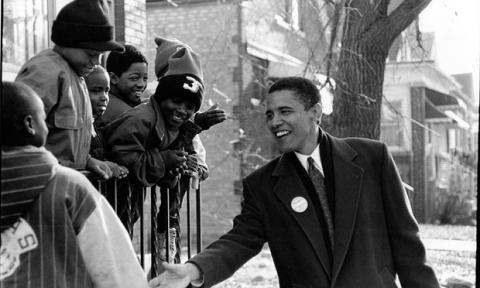
A Good Philosophical Question for Every Citizen
Obama would ask, as a community organizer, ‘how are things right now and how do you want them to be?’ The gap between the way the world is and the world you as an individual want is an important consequentialist question. Systematic (financial, institutional, social) racism [plus individual acts of racism] has led to discrimination on many aspects of life including getting textbooks, the time value of money, SAT prep and being passed over for bank loans. Solutions need to come from aspirations, values (what do you deductively believe is needed). Unfortunately, what we think is needed isn’t always what we actually need….
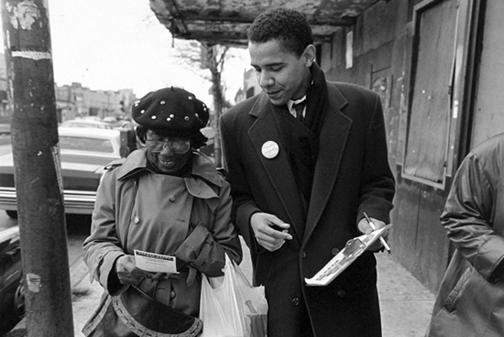
Rising Up Takes Grit
Obama worked on project vote ‘92. And in his run for state senator in Illinois, thanks to his volunteer work on that project, he had built credibility and would continue teaching while a senator. Obama’s 1997 campaign gathered four times the number of signatures to register because they figured that the Party would invalidate a huge number of signatures. He won because he was better organized.
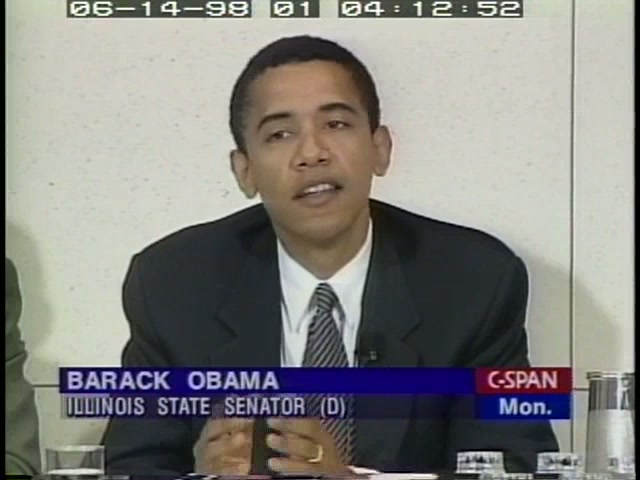
Horse Trading in Illinois State Senate (1997 – 2004)
- Being a state senator was like being “a mushroom….covered in s#@$ in a dark room….” Illinois politics was basically a backroom-dealers forum, where as long as you didn’t hit on any hot button issues that would get attention in the press, 90% of the public didn’t care. It was the worst aspects of representative democracy; simply not about representing actual voters but rather the competing legislative factions (i.e the disgusting sausage factory). As such, the debates on the floor were ignored. For Obama, the thought was that if you took a chance on an innovative policy idea, it could cost yourself the seat. The Democrats were also in the minority during 5 of his 7 years in that role.
- The gerrymandering in Illinois (urban/rural/race) was such that if you wanted to get services for your constituents you truly had to convince senators in other districts to support your campaign. And that created a pork barrel / horse trading / crossing the aisle approach on votes that you are tacitly obligated to support in exchange for what your constituents care about.
- Obama didn’t dig the legislative realities…and this would haunt him as president where he was relatively ineffective in pushing through policy that his rhetoric demanded.
- At the first available opportunity, Obama wanted out. He had commuted to Springfield and played poker one too many times.
- His first offramp was to run against Bobby Rush for Illinois’s 1st congressional district for the US House of Representatives in 2000. However, Congressman Bobby Rush had an 80% approval rating. Then Bobby Rush’s son was shot and killed which further bolstered his support. Obama lost by 30% on a ticket of bridging divisions.
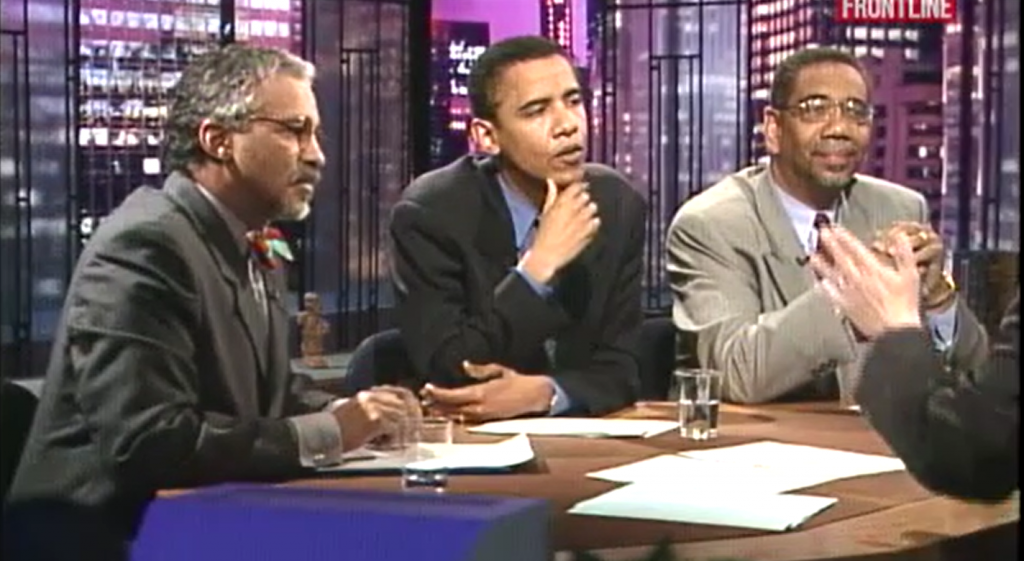
Losing Two Races In A Row = Your Political Career is Likely Over
Trying again, Obama told Michelle that “if we loss this [2004 US Senate race] then we will be out of politics for good.” Of course, politics is random and chaotic. And he figured that if he cleared the democratic field, he “would be able to run to end zone untouched.” Obama sought support from the most powerful in Illinois politics within the black community. “Wouldn’t it be great if I was elected to the US Senate then we would have a black person at the federal level” was Obama’s pitch. David Axelrod was also brought on the campaign. When David Axelrod agreed to work with Obama, he insisted that Obama raise 5 million dollars…or drop out. Hence, fundraising became a major pre-occupation….and likely involved selling his candidacy in the ridiculous double game that is fundraising. Attracting donor that then think you are in their back pocket, while turning around and doing what you want, donors be damned in some or many cases.

Your Spouse May Be Rational and Therefore Not Believe in You Fully
When Obama was a state senator, Michelle’s point was “just promise me I don’t have to move to Springfield.” Now, Obama’s strategy, if they won (and needed a second home in Washington), would be to write a second book, as the only black senator, he would get a lot of attention nationally and be able to sell his book and live off the proceeds. Michelle said that was “magic bean talk” considering his Dreams of My Father book (1997) was not lucrative. It seemed like climbing up the bean stock and slaying the giant and then bringing back the golden eggs. She doubted him. She even said that he would not get her vote. She was wrong.
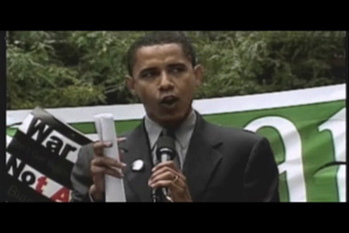
Politics as Poetry 1, Winning with Inspirational Words / Bold Leadership Positions
Obama needed to raise money, increase visibility in the media and issue sound bites that resonate. He got support from unions etc and gave a speech about the Iraq war that made waves for its obvious prescience. “I am not against war. But Iraq is not Al Qaeda.” Obama got attention online for opposing the War in Iraq. It was a really good speech as he argued what many in Canada, for example, recognized, that the US had not finished the war in Afghanistan etc. By 2004 Obama had the momentum. On March 6th, 2004 Obama won the nomination which was as good as winning that actual US Senate seat. He won with all kinds of demographic groups and worked with Robert Gibbs. All the while, Obama was thinking about his manuscript called The Audacity of Hope.
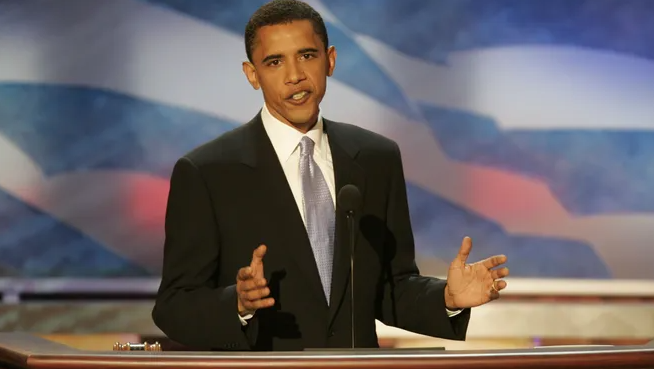
Politics as Poetry 2, The 15 Minute Speech That Changed American Politics
“There’s not a liberal America and a conservative America – there’s the United States of America.” – DNC keynote speech 2004
- A lot of good politics is poetry and Obama’s speech at the Democratic convention in 2004 was an exceptional case in that column. If you watch JFK, it’s clear Obama was more charismatic than JFK. If you watch Bill Clinton, it’s clear Obama was more poetic than Bill Clinton. It’s not just what you say, it’s what they hear.
- Obama was the James Bond of public speaking. He was slick whenever he had prepared remarks.
- The buzz was palpable: black, handsome, well-educated, charismatic, Obama was untarnished and exciting. The idea of a Hollywood-like Black president was a delicious storyline, it was pure America. Emotionally, he resonated with a wide base even if it was paper thin or kind of superficial.
- His senate race was made easier as a result of the DNC speech as well. The crowd sizes for Obama were massive. The Republican candidate chased Obama around with a video camera hoping to catch him in a gaffe, that’s how desperate they were and then that opponent dropped out when they couldn’t find anything. The Republicans carted out Alan Keyes as a backup but he was a cynical play in a Blue state.
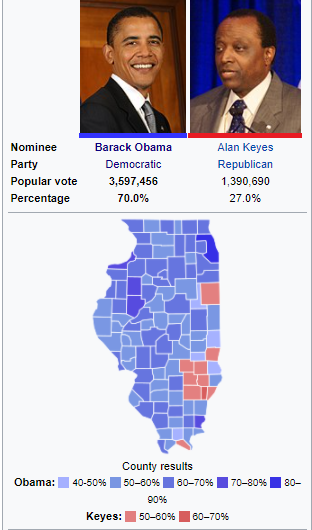
- Obama won while Kerry lost in 2004. Obama got an apartment in Washington. Michelle how did you pull this off? “Magic beans baby magic beans.” Obama wanted to be a workhorse. Obama was able to attract talent at 43 years old.
Jobs That are Good Training Grounds but You’re Not Going to Have Much to Show for It
1) Community Organizer,
2) Illinois State Senator in Illinois,
3) and yes, even US Senator…
Congress (Senate and the House) was a grand debate forum but it was all managed by the Republican majority which roll called the Democrats in a, what-felt-like, permanent majority. How long would it take for things to be possible in Congress? In A Promised Land, Barack Obama points out that Illinois state senate was a waste of time, Washington government was also a messy situation where the longer you spent there the more tarnished you became. It’s a common complaint that the only people who stick around during the long wilderness of opposition are unfortunately a bit nutty at times. Obama is not a Legislation guy, maybe he read and didn’t like Lyndon Johnson’s approach or maybe he figured he could wing it. This ‘just do it’ approach would be a problem when it came to the horse trading, persuading the other side and in getting legislation passed in the US legislative branch.
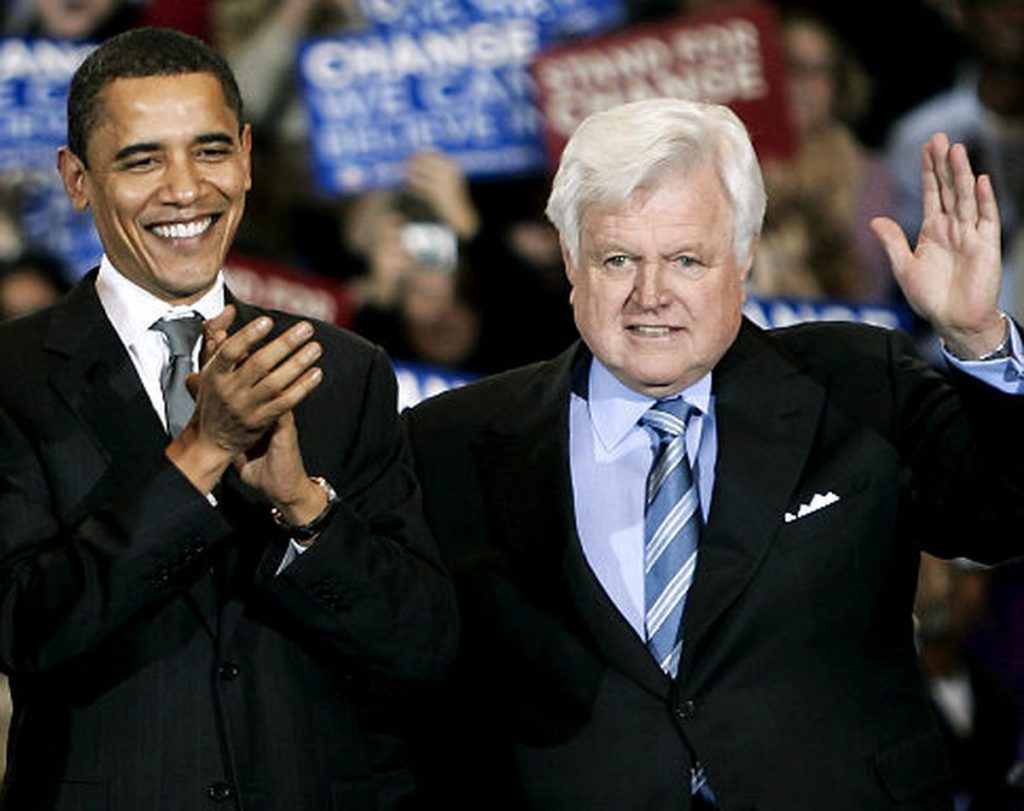
The Power of Identity Politics Is Awesome, If You’ve Got It Flaunt It
There is a strand of political thought that says a white male cannot really represent the perspective of a different identifiable kind of fellow human being and or that a group of men will develop group think in the legislative process and overlook the perspective of fellow human beings. It’s a well regarded argument… So much so that Obama was being catapulted into the lime light on the back of his 2004 DNC speech + all his other accolades.
When there is pressure to run for president, you should heed the call. For Obama, the groupthink in the US senate was going to chip away at his brand and half of Democrats supported the war in Iraq or other bad Republican policy in exchange for various horse trades. Obama didn’t believe in destiny. But he also didn’t want to play the legislative game. Meanwhile, he was getting a disproportionate amount of national support. A lot of attention was directed at him. They wanted him to run in 2008 because he was rock solid, had the pedigree, presentation skills and was well liked. Ted Kennedy brought him into his office and said ‘as a matter fact, you’re not gonna be able to win without taking a chance and doing it.’…‘You’re going to regret not doing this if you don’t and it’s the time that chooses you not the other way around.’….’There is already a lot of energy around your campaign suggesting that this was very doable.’ – Ted Kennedy. Identity politics was truly Obama’s secret sauce alongside his politics as poetry skill-set…Again, this would be a problem when it came to legislating as president since Obama didn’t like how the sausage is made.
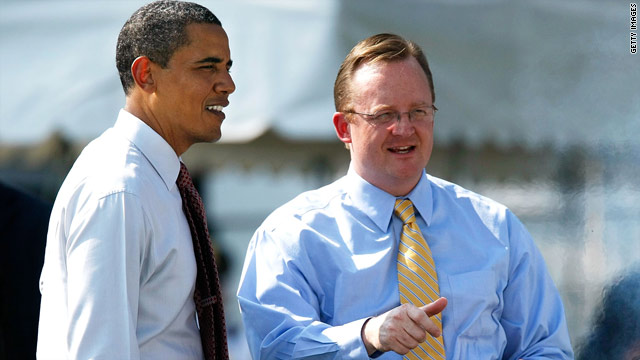
Who Wants to Hitch Themselves to Your Wagon? That’s the Best Test
In party politics, you build a campaign and attract talent. Chris Dodd and Hilary Clinton etc all planned to run. At this point in 2006, Obama had to run! He admits that his megalomania was driving the idea that he should run in 2008. Obama worked in his campaign manifesto, triangulations that were aspiration and vague and poetic, all of which was exemplified in the Audacity of Hope: a major publication success. “I am thinking about the midterm 2006, running for something else.” Obama mused…. Gibbs said “Fuck That!” He was not irrelevant, Gibbs realized that he could win and become president. Go big or go home.
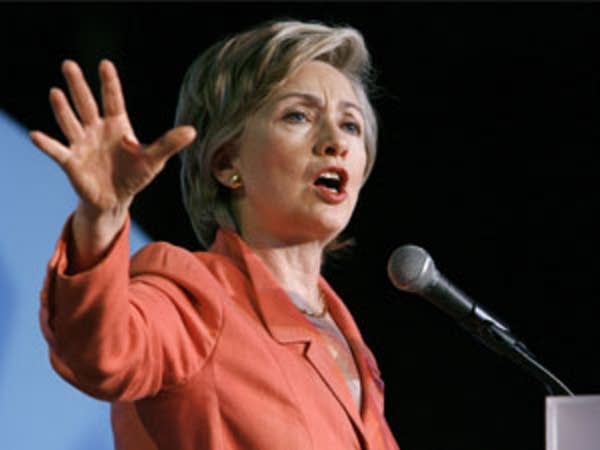
The Laser Focused Blank Slate over the Tarnished Persona – Should Obama Have Waited?
“Change will not come if we wait from some other person or if we wait for some other time. We are the ones we’ve been waiting for. We are the change we seek.” – Campaign Speech 2008
- Time = baggage.
- Media = perfectionists.
- Partisans = dumpster divers / demonization
- Politicians = adversarial / power-hungry / insular / sheltered
- Leadership = communicating with charisma, inspiration and hope
- Obama played partisan games as well, demonizing Republicans etc. But the above factors put Obama in the 1st row of candidates in the Democratic 2008 primaries even though he literally had done nothing of significance legislatively on the state and US senatorial level. It’s like deciding you should become the CEO of a company after managing one of its retail stores….
- But this has happened before…note also that each of these men started very young on their path….
- JFK (Junior senator was president at 43)…
- Barack Obama (Junior US senator was president at 47…)
- More experience but young:
- Teddy Roosevelt (Governor of NY, technocrat was president at 42)…
- Bill Clinton (Governor of AK was president at 46…)
- Ulysses Grant (Military leader was president at 46…)
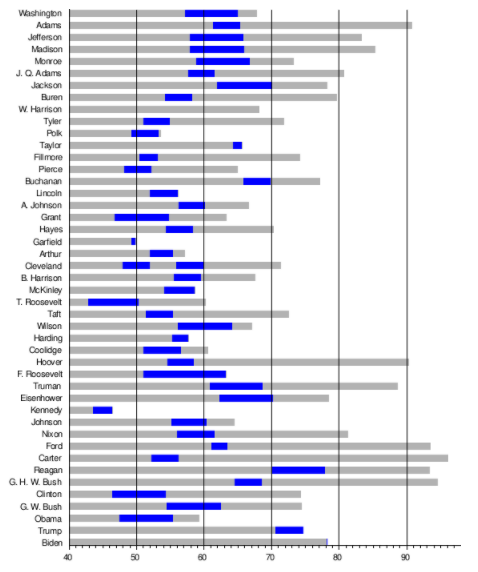
Note that JFK and Obama were both ineffective at passing legislation for the most part, as you can see below + according to Robert Caro. Of course, data doesn’t tell the story. Generally good at handling global events, but neither those two inexperienced senators were able to really do what Lyndon Johnson or Franklin D Roosevelt were able to do legislatively.
Sacrificing Your Family for The Big Picture
- David Plouffe (campaign manager) said Obama needed to use the internet to fundraise for individual donors + then he needed early primary momentum to overcome the Clinton juggernaut. Obama did not see Michelle or the kids much for 2 whole years. He needed to be pathological / laser focused. The chance to compete at this level, there were a lot of Democrats running for president; he asked himself, why do I need to get into the White House. Why me! Spark for a new generation! Change politics as usual!
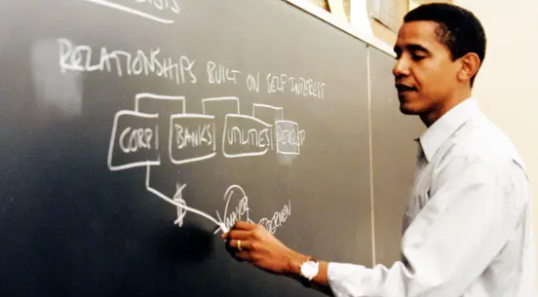
Don’t Be Too Academic, Although It Is A Better Starting Point than the Inverse
The belief that he should not lose his nerve was critical. In 2007, Obama announced in Springfield. And he was hoping to catch lightning in a bottle. Obama wasn’t really all that good, he worried. Then he made a major gaffe by saying that the lives of American soldiers had been wasted in Iraq. Obama had 4 arguments for every issue.
About Hillary
On Hillary Clinton, Obama felt she was strong on policy, solid on experience however she had been overly scripted / calculating, she was very hard working but she couldn’t break free of the Clinton political divide.

Emotive Debate Techniques Rule the Modern Age
The best answers in the debates were to show that you would always be on their side. Emotional answers. Not these skirting the issue answers. You needed to show you cared! People are moved by emotions not facts. Obama was not well organized. Donors could count on us raising their taxes, Obama said. It was a movement with Obama as spokesman. This is not up to you. We are all in this.
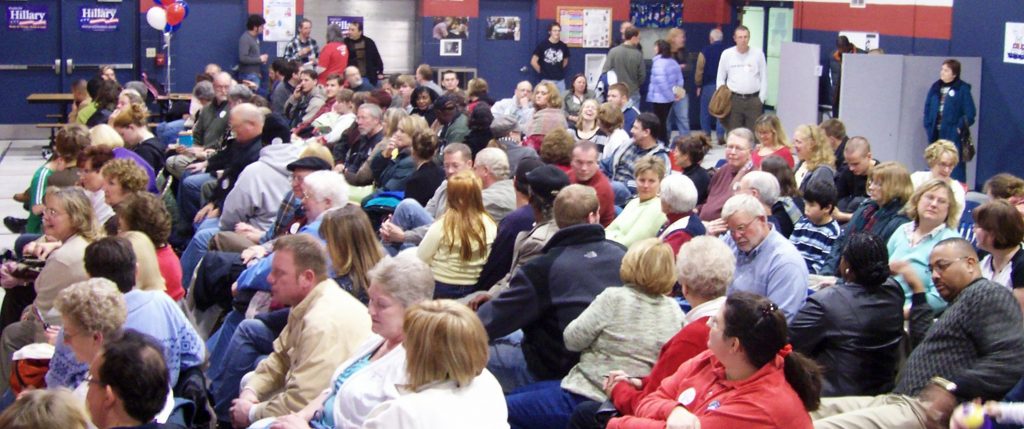
Iowa Caucusing, A Major Campaign Strategy / Investment, Win Early
Caucusing is time consuming and means you have to make an evening out if it. Democratic caucuses needed to win people over. Covered 90 counties and target the democratic. Obama had to try to get the unorthodox ideas off the table, 1 idea was genius, a butter bust of Obama with a sign that read: vote for the guy with big ears! Anti-pant suits was not appropriate, Obama wanted a positive campaign. Not a nasty campaign. 87 days in Iowa. The 90 volunteers for each county was key, Obama’s team learned to listen to volunteers. Month by month they worked Iowa. Field organizers. How did job creation programs fail? How are things as they are and how ought they be?
Retail Politics, Obama had it better than Clinton
There was a lot of excitement in the air with the possibility that Obama could win. And a little woman, about 5’3″, 65 years old, in a big church hat, with big glasses, smiled right at Obama at a campaign event. And she said, ‘Fired up!’ They all said, ‘Fired up!’ We hear her shout, ‘Ready to go!’ And the people said, ‘Ready to go!’ That’s the kind of electricity Obama created with his candidacy: that je ne sais quoi. “Getting fired up and ready to go!” was the chant that Edith Childs shouted in her own public engagements and it stuck to Obama for the rest of the campaign.
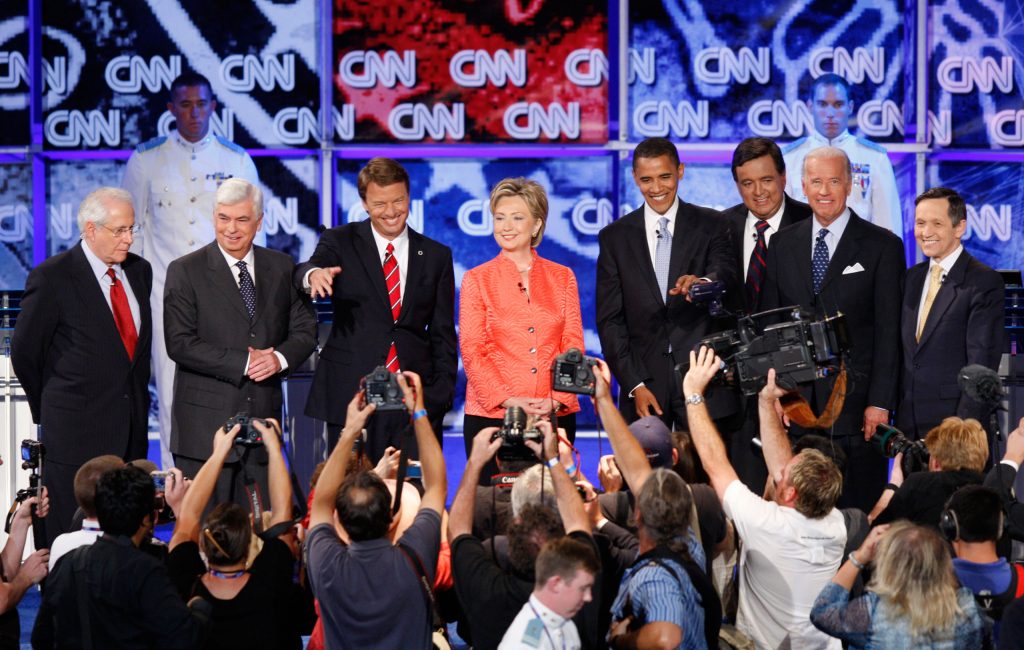
Crafting Winning Views
Politicians don’t want to tell hard truths, Obama was willing to say things that Clinton couldn’t, like the Iraq war was a mistake. In reality, Clinton probably supported the Iraq war in exchange for getting other bills passed through horse trading. Obama was unconventional. On foreign policy, Obama said he would take the shot at Osama Bin Laden if Pakistan was harboring the terrorist. The primary voters supported his views while the Democratic party elite disagreed with Obama’s foreign policy approach.
Your opponent’s policies have failed and Washington is broken. Who can disagree?
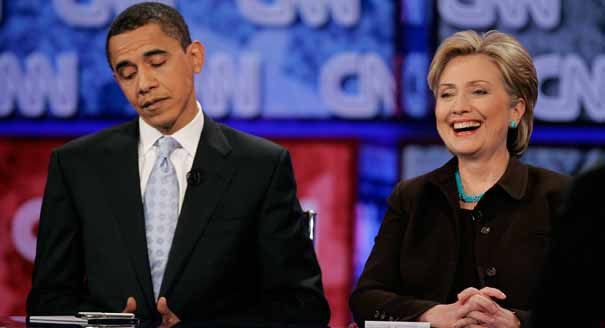
Nasty Campaign Attacks, Usually Involve Warping Own Statements
- Joe Biden didn’t think Obama had the maturity to lead. Hilary Clinton’s campaign guy said that Obama had dealt drugs in college. One of Obama’s staff (Samantha Power) called Clinton a ‘monster’ to reporters. Attacking her people, Clinton was unhappy and let him know at the tarmac. Obama didn’t get all the good breaks.
- He made a “gaffe” about how Reagan had reframed the US which was taken out of context to seem to be an endorsement. Bill Clinton didn’t reframe American politics the way Reagan had.
- On the debate stage, Clinton was asked ‘How do you feel about being unlikeable, Hillary?’ Obama said “you’re likeable enough” then the story exploded as a sexist move.
- Clinton cried at an NH campaign event and some thought it was a good media position. Then she won the primary….journalists without data science training though there was a causal link (i.e. that Hillary’s tears = victory)…
- Obama said that setbacks were expected.
- The fact is, each candidate was trying to convince the voting public that they themselves were more worthy than you. Your opponent will try to count every action you had taken to say that you have worse judgement.
- Obama won Iowa with a massive turn out on January 3rd, 2008. Oprah was supportive of the campaign. Michelle was a closer.
- He brought his extended family on the campaign for a visit. The community of America, how it manifests in Obama’s own diverse white/black multi-ethnic extended family!
- Obama didn’t want to take black voters for granted but he also didn’t want to alienate the Democratic party base. Too much talk of civil rights and police brutality would basically turn his candidacy into an ethnic voice rather than a pan-American candidate, according to Obama. He wanted to win. He wanted to use language that captures the group that he needed to win over which was the majority whites. Hence, Obama was all about universal programs over specific black policy. According to Obama, blacks had to get inside and not push too hard on policy and just support Obama and trust change could be possible.
- Jeremiah Wright was Obama’s pastor in Chicago and he had said America was bad while Obama was a member of that church. The Rolling Stone article comes out; he called Obama. Jeremiah Wright was a wingnut but also a pillar of his community. Wright became a victim very fast. Theologian. Said that America is racially motivated, Obama felt that he went “full ghetto” with the public attention he received for being associated with Obama. So Obama had to throw Wright under the bus. Cut ties. Obama did so unreservedly.
- Michelle also said something harmful, “it’s the first time I am really proud of my country…” This was deemed Anti-American, just trying to score cheap political points.
- Obama got a secret service detail early because of the number of threats to his life early. He was trapped by the secret service, though, unable to enjoy the freedoms he used to have.

Winning = one opponent says you’re too X and other opponents say you’re too Y
Obama was either too white, too mainstream, too radical…There is good and bad cholesterol. And good crazy and a bad crazy. Take the steps to gain justice in our time, type rhetoric was the perfect fluff that got Obama elected, sufficiently vague to appeal to a wide range of people, triangulation but with passion and poetry that Clinton could not exude. To win you have to show compassion for the down trodden for those who fell between the crack, the drug addicted single mother.
Inequality compounds itself both in financial and real terms. Manufacturing towns lost their life blood. SAT prep courses, etc. Ownership economy (the Bush approach) wasn’t working. Obama won the democratic nomination but two years of running for president cost him his share of time with his kids.
Later as president, Obama writes that he was perceived as either too chummy with Wall Street or too hard on Wall Street depending on which group you talked to. Too weak on Medicare for All or too aggressive…so you know you’re winning when different opponents are seeing different problems with you (ie. you are the everyman change agent).
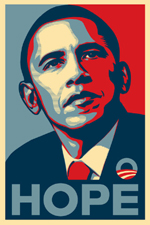
Politics is Poetry 3, Winning Speech Lines
“The choice in this election is not between regions or religions or genders. It’s not about rich versus poor; young versus old; and it is not about black versus white. It’s about the past versus the future.” – South Carolina victory speech
Andy Favreau met Obama in 2004, his speech writing has become legendary. …
“And because of what you said, because you decided that change must come to Washington, because you believed that this year must be different than all the rest, because you chose to listen not to your doubts or your fears, but to your greatest hopes and highest aspirations, tonight we mark the end of one historic journey with the beginning of another, a journey that will bring a new and better day to America. Because of you, tonight I can stand here and say that I will be the Democratic nominee for the President of the United States of America.” – June 3rd, 2008 Primary victory
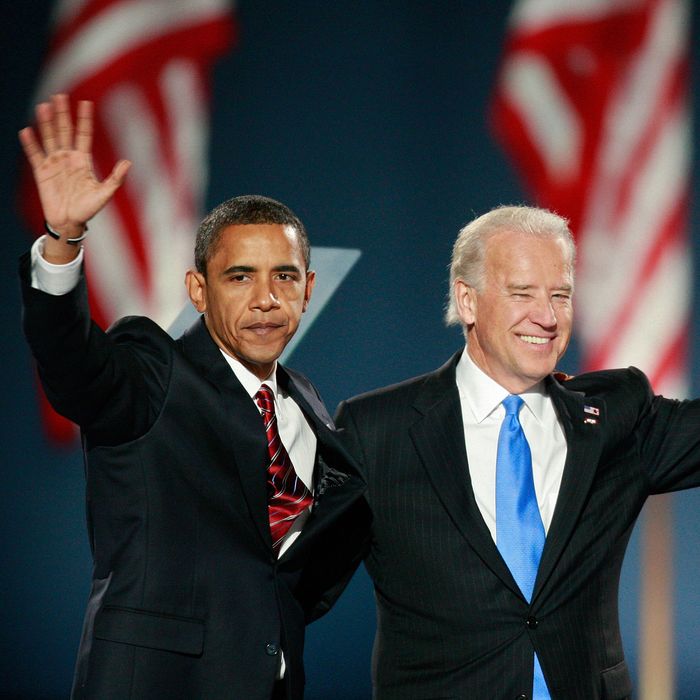
“I want to be the last guy in the room when the decision is made.” – VP Joe Biden
The choice came down to Tim Kaine or Joe Biden. Kaine was civil rights lawyer…Obama felt that Joe Biden loved to talk long while lacking gaffe free days. Biden had said Obama was ‘articulate and bright’ which the press did not give him the benefit of the doubt on. Biden was a skilled debater. He had embarrassing defeats. His wife and baby daughter were killed. He took care of his sons. Obama wanted a partner. For relationships in congress; Joe Biden was a key.
Denver Convention 2008 – Acceptance Speech Masterclass
Michelle gave a great speech. Obama didn’t want to draw comparisons to 40 years prior when Martin Luther King Jr made his March on Washington. “Never thought we’d see the day” was the narrative of the DNC speech. Balance between policy goals and firing Republicans.
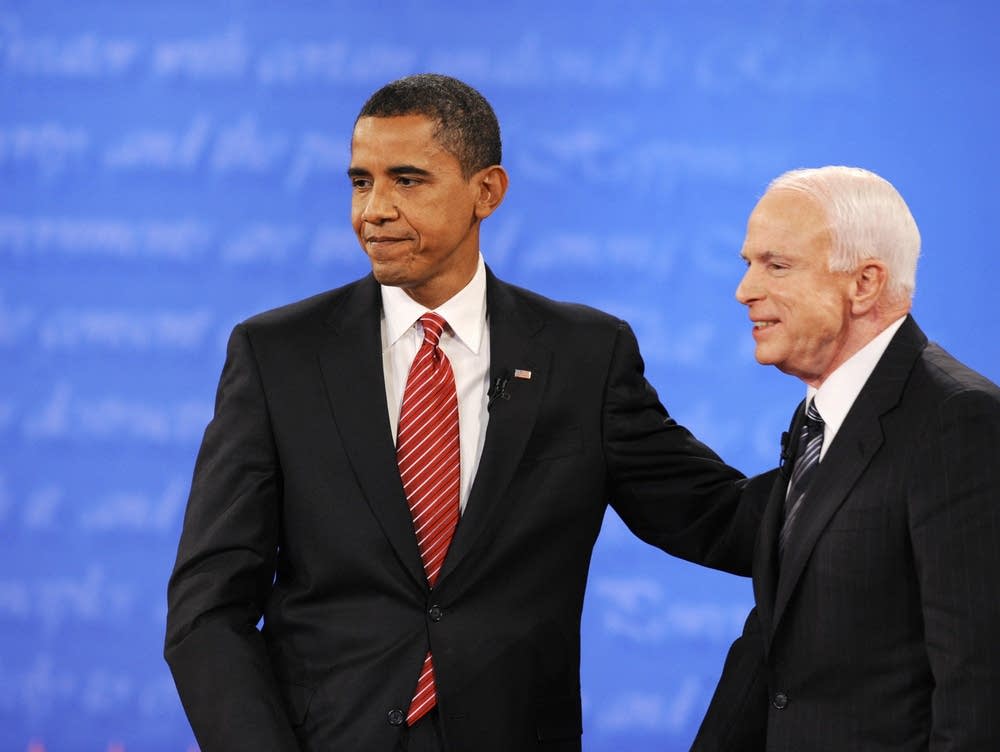
Election 2008, Catch Up + Identity Politics
- John McCain didn’t talk about climate change and the economy was worsening. McCain needed to do something dramatic. McCain picked Sarah Palin! Got millions of dollars for playing the identity politics card.
- She was a disrupter; pageant queen who took on the Republican establishment in Alaska, hunting in her spare time. She was perfect for authenticity, the elite were just wrong in her summation. The 44 minute Sarah Palin RNC speech was hugely popular, the new hockey mom.
- “She had good instincts” according to Obama. However, she didn’t know anything about foreign policy. She didn’t know anything about the issues or basic functions of the government.
- During the national campaign, Obama went on an international junket to show that he could be American president. Obama met with all the international leaders. Palestinians, Israel, Merkel, etc.
- Pivoting from the primary to the general election. Using the primary folks infrastructure to succeed in the general.
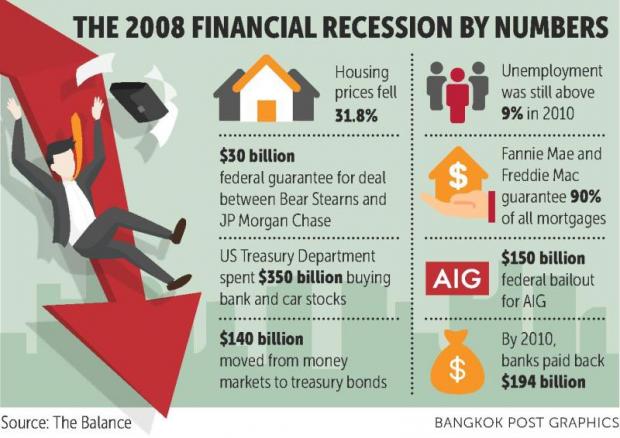
Financial Reality of the Late Summer of 2008
Refinancing his house in 1993, just getting the credit card cleared, Obama had a $40k cheque for his book but not much else. You could use your house and flip it as long as you watched the balloon payment index. But then Chicago housing market softened and Obama learned a lesson therein. Then in 2007, the entire housing market and the subprime mortgages started to implode. Obama felt primed….

Obama’s View of the Finance Persona
- This credit crisis was the financial sector’s comeuppance for being generally ‘smug and entitled’, conspicuous in their consumption and not interested in how their actions affected others i.e not being systematic thinkers. Seems like a broad generalization…Obama was all about subprime mortgages in 2007 according to himself. He was talking about subprime mortgages and talking about the bubble, in the early 2000s which is in line with general economist speculation at the time but seems a bit overstated. There is always a future down turn or bubble burst…
- Obama basically predicted the future suspiciously accurately…
- An example of (UPO) unproveable partisan opinion, the “Stimulus was pulled back too soon in 1936 so we needed a war.” Keynesian economics makes sense, infrastructure spending…
- Note that Obama also doesn’t mention deficit or debt much in A Promised Land.
- Anyway, on the side, it was much worse, McCain supported the deregulation of the economy generally. McCain owned 8 homes. There was a danger of depression levels of unemployment and McCain seemed out of step.
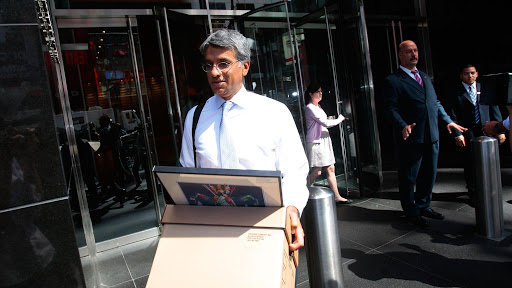
It’s Other People’s Fault if You Can’t Get Congress On Side
- Lehman Brother’s collapsed on September 15th 2008 and it meant that McCain and Obama might need to do a joint agreement on the rescue package since there was a legislative deadlock as the congress waited for a new president….BUT action was required in late September, the financial crisis was heating up.
- McCain suggested “how about we suspended the campaign for a few days?” Obama phoned McCain to coordinate a solution, but McCain said he’d think about it and then McCain unilaterally pledged to suspend his campaign; he decided to one up Obama. McCain publicly called for Obama to suspend his own campaign alongside McCain about 30 minutes after saying to Obama, that he [John McCain] would think about Obama’s offer. McCain wanted to hash out a $700B TARP deal with Obama. Bush, McCain and Obama. It was a political stunt.
- Democratic + Republican + McCain + Obama and Bush’s people all met in the White House for a joint session in order to pass TARP. Democrats had Obama talk first. Boehner said he didn’t want to withdrawal but that TARP wouldn’t work. In Obama’s opinion, the Republicans weren’t familiar with their own legislation. Bush asked McCain to speak, and McCain refused saying “I’ll just wait for my turn.” The guy who pushed for campaigns to be paused had now taken a back seat on TARP.
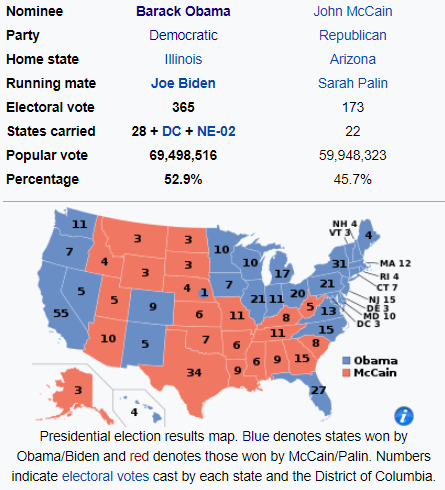
Politics is Poetry Part 4
Obama won big. 365 in the electoral college.
“If there is anyone out there who still doubts that America is a place where all things are possible; who still wonders if the dream of our founders is alive in our time; who still questions the power of our democracy, tonight is your answer. It’s the answer told by lines that stretched around schools and churches in numbers this nation has never seen; by people who waited three hours and four hours, many for the very first time in their lives, because they believed that this time must be different; that their voices could be that difference. It’s the answer spoken by young and old, rich and poor, Democrat and Republican, black, white, Hispanic, Asian, Native American, gay, straight, disabled and not disabled ¬- Americans who sent a message to the world that we have never been just a collection of individuals or a collection of Red States and Blue States: we are, and always will be, the United States of America! It’s the answer that led those who have been told for so long by so many to be cynical, and fearful, and doubtful about what we can achieve to put their hands on the arc of history and bend it once more toward the hope of a better day. It’s been a long time coming, but tonight, because of what we did on this day, in this election, at this defining moment, change has come to America.”
“Where we are met with cynicism and doubts and those who tell us that we can’t, we will respond with that timeless creed that sums up the spirit of a people: Yes, we can.” – Victory speech 2008
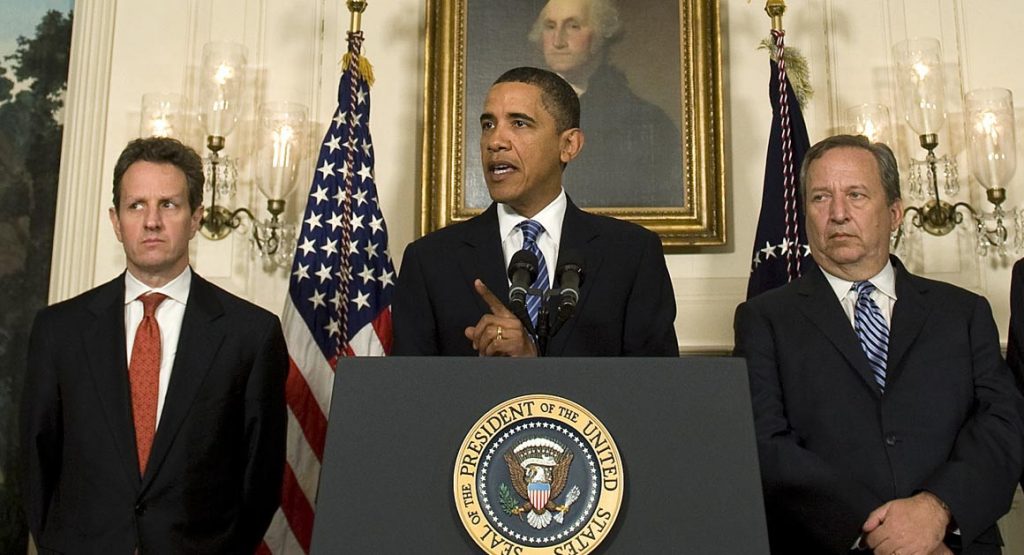
Building A Winning Team, Not Rocking the Boat
“With eyes fixed on the horizon and God’s grace upon us, we carried forth that great gift of freedom and delivered it safely to future generations.” Inaugural Address 2009
- Needless to say, Obama benefited from independents and Republicans and leftists who wanted something different and projected that sentiment on the blank slate with no track record that was Barack Obama. Rahm Emanuel was a triangulating-Clinton guy. Obama hired Tim Geithner, a Wall street insider as Treasury Secretary. Lawrence Summers from Harvard also involved….
- The economic team had been on the inside. The righting the ship economically, meant hiring those who understood the system, with all the moral hazard that might entail.
- Obama argues his hand in mentioning the success of the 90s is correlated with federal policy under Clinton…another UPO, unprovable partisan opinion.
- Obama kept Bob Gates in as Secretary of Defense.
- Hilary Clinton Secretary of State, reluctant at first.
- White House staff is mostly black or Mexican indicating that most presidents were happiest if there was inequality between menial staff and leadership, according to Obama.
Crisis Is Strongly Biased to Being Fixed with a Return to the Default
- For example, the stimulus package should not include legalizing marijuana, according to Obama.
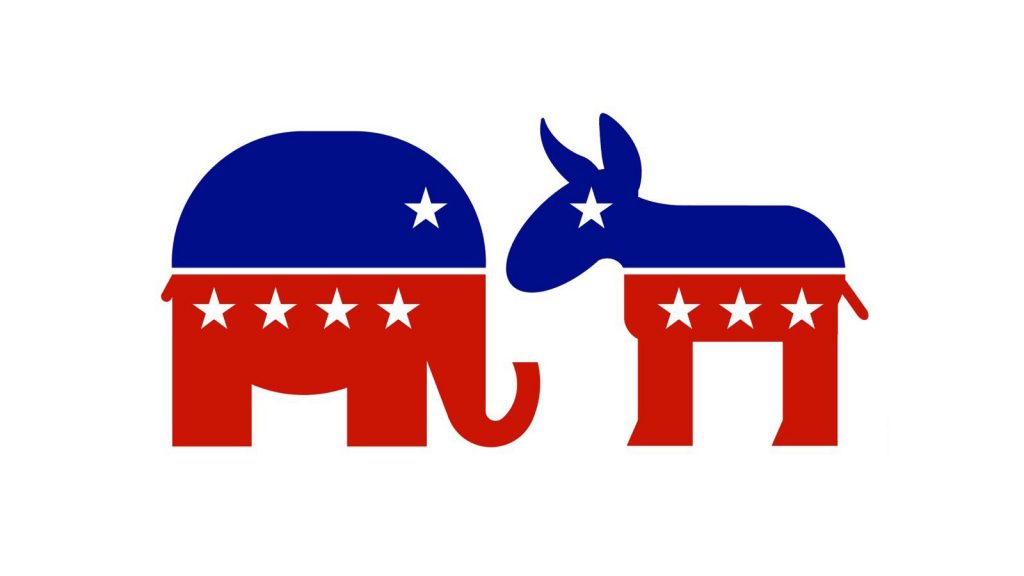
Republicans Did Not Want Obama’s Rhetoric to Be Converted Into Actual Accomplishments, Instead the Goal Was to Humiliate Obama into a One Term Presidency
- Congress was fluid in the 1950s and 60s. The Lyndon Baines Johnson era resulted in the re-alignment around race, Gay rights abortion etc computer models of gerrymandering in the 1980s, TV news cycles changed partisanship, the moderates were disappearing; Rush Limbaugh talk radio meant there was hyper partisanship…..
- Obama’s central thesis / complaint / default in A Promised Land is that he was a victim of his own success and it was other people’s fault that he was not able to pass the kind of legislation that his rhetoric vaguely implied…the jury is still out on that….
- Obama had to win Republican votes to pass any legislation.
1) $800B stimulus;
2) tax cuts;
3) infrastructure and improvements - Boehner rarely deviated from the talking.
- Nancy Pelosi was not making progress either.
- These legislators were all unified in wanting to be somewhere else rather than negotiate in good faith.
- Dissent in party is dangerous because it means what ever legislation was on the books, that legislation might not pass.
- Filibuster could prevent cloture hence the need to have +60 votes to impose cloture on a discussion.
- The minority would allow legislation through by using the filibuster and you needed 60 votes in the senate to break that deadlock; aka the supermajority.
- Republican cooperation seemed very unlikely even though TARP was bi-partisan:
- Mitch McConnell was not letting members talk to the White House, this anti-communication strategy was not overcome for 8 whole years (i.e. no carrier pigeons or otherwise). Making cross communication impossible. They literally did not want to work with the Democrats at all.
- House Republicans announced publicly they will not support Obama’s economic bill and likely fundraised off the back of it. Obama was invited to the Republicans Luncheon which was televised. And in that room were almost all middle-aged white men, Obama noted. As far of the Republicans were concerned, the real cause of this crisis was the mortgage house law circa Bill Clinton era. Another, (UPO) unprovable partisan opinion.
- Rahm Emanuel didn’t have an exact senator vote count but surmised that there were zero Republicans willing to support Obama’s plans. Regardless of the issues, obstruction had fewer downstream consequences than cooperation:
a) loss of internal party influence,
b) contested right flank primaries (amplified by gerrymandering),
c) the Democrats have both the House and the Senate so the Republicans survival is the mode, - d) ‘if our primary goal is to get power again so any help Republicans give will make Obama look good’….which isn’t necessarily bad for the country since Congress is a deadlocked, snails pace branch of government….but still…
- e) the modern news coverage was also re-calibrating as print media revenue was declining and online competition was driven by sensationalism. Obama says the media’s collective approach was to report one side and then the other side and then do polling on horse race politics which got ratings.
- f) Rush Limbaugh said “I hope Obama fails”, he and other radio talk-shows were channeling the voters to be anti-centrist. That they needed the voter to shift to the extreme to get re-elected as well as increase voter intensity.
- And a lot of Republicans were being pushed hard by extremist primary challenges.
- Bipartisan Judd Gregg had to withdrawal his support or suffer a career limiting move.
- Charlie Crist supported the recovery act; putting people first. And with an Obama handshake, Crist’s career was destroyed. If you cooperate with Obama you will lose! So, February 2009, the recovery act did get passed but solidified a legislative divide with heavy consequence for deviants…


Public Horse Trading Is Sub-Optimal
But wait a second…..the Democrats from 2009 to 2011 had a double majority, so they should have no problem passing legislation, right? Wrong, the average years of a Congress-person in either the House or the Senate was 10.6 years and the divisions were fierce and long lasting so Obama felt he needed a supermajority (ie. secure 61 Senate votes) in order to avoid the Filibuster by Republicans which would log jam legislation and prevent cloture (ie. roll call voting).
Al Franken was the 60th Democratic senator in 2009 but then there were vacancies so it was more like 58. The Congress was only Filibuster-free for 72 days out of the total session. So, centre-right Republicans like Susan Collins and Arlen Specter were key. The Gang of Four (Republicans) made random demands in order to pass bills such as the recovery act. The general public was made aware of these side-deals by the press which made things much worse since it angered the progressives who saw hope and change fading into disappointment, compromise and politics as usual. A type of politics that took progressives, minorities and other Democrat default cleavages for granted. Those folks had no where serious to park their support.

Tim Geithner’s Three Options
- The US’ credit crunch threatened to trigger a depression; credit was frozen at Fanny Mae, Freddy Mac, AIG, CitiGroup and Bank of America. If anyone of those fell, then it would cause a major financial cascade of balance sheet dependencies. So the goal was to get consumers to invest in the market.
- There were Three Options:
1) Build a bad bank that all other institutions could sell their toxic asset to and thus the government owned and foisted the costs on the tax payers directly through a sunk fund; problem being no one knew how to price the toxic assets and then there were pricing complications;
2) Nationalize the financial institutions which is what the UK government did with Royal Bank of Scotland, i.e. a government take over. There was a danger of losing money and how would the public support this;
3) Run a Stress Test which might show that market panic was not that bad! The banks didn’t know how bad it was therefore they could do stress tests and then figure out how much against agreed upon benchmark. Markets probably wouldn’t trust the government to audit their books…
- Obama choose the option 3) the stress test. Obama put a lot of pressure on Geithner to improve communications between departments because the markets were spooked initially. Politically, obviously, the problem is that Obama was definitely abandoning the progressive wing and supported an inside guy.
- The fact is it is always an inside guy, there just isn’t enough time for revolution. There could be structural reforms later but stopping the bleeding was priority #1.
- Obama was always trying to minimize screwups, gaffes / pushing his team to the next phase.
- The stress test was executed for institutions. The collective shortfall was $75B. And the Wall Street Journal said the analysis was very compelling. So through that process of price discovery, Geithner et al were able to arrest the financial crisis and begin the recovery.
- As a result of Option 3, Obama says that the US economy bounced back faster than the Europeans which is true but associates his policy decisions with that outcome of course, unproveable partisan opinion. He saved Main Street jobs. There was no ‘let-them-fail’ attitude nor was there a ‘nationalize and criminalize the executives of the major banks’ attitude either.
- Again, at the time, there were a bunch of people who thought he should have permanently altered the financial system with more extreme nationalization and criminalization of financial consequences. Most of those advocates will not have had experience in finance or economics to understand that the consequences were much more uncertain in such a scenario. The worse case would have meant a longer recovery time in Obama’s view.
- Put simply, he wasn’t willing to revolutionize the system; and to what end state? He says he had a conservative approach to reform. Best to steer the economy away from disaster.
- And so they managed to get the American Recovery and Reinvestment Act through.

Intractable Habits: Reasonableness, Blame the Other Side and Smoke A Lot
- Obama had exuded throughout his campaign in the primaries and as president, an even keel balance that frustrated…..
- There are a remarkably low number of UPOs in A Promised Land.
- In the wake of the financial crisis, financial leaders gave themselves a bonus once the recover act was passed.
- As far as Obama could see, the financial leadership rejected responsibility for the sale of sub-prime loans. That they were the arteries of the economy meant it was too bad but they were still linchpins that could not be punished in any real terms (although their career prospected were curbed much more so then their predecessors in the ’80 and ’90 “good times”.)
- Also, Obama didn’t want to alienate investors. AIG was contractually obligated to give its employees a large bonus.
- Many complained to Obama that ‘you should be taking over the financial sector!’ But the economics is hostage to the good as well as the bad financial professionals.
- Obama smoked 6 cigarettes per day. Then he got busy and started smoking 8 cigarettes per day.
- Obama did a morning workout every day. He chose to quit smoking. He had a lot of nicotine gum ready on the day the ACA was passed.
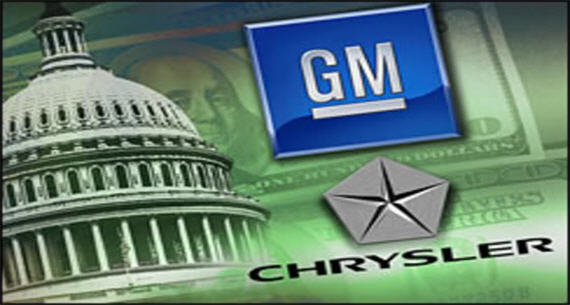
GM and Chrysler Bailouts
Obama points out that compared to financial technocrats, these auto-sector management folks were amateur about how their sales was going to increase by 2% as long as the government just bailed them out. Brian Deese came up with the incremental support and cost controls. They also wanted to replace Chrysler. To let the iconic Chrysler go under? It was throwing good money after bad. But there was hope with Fiat ownership.

The Chrysler Plants As Another Bailout Argument
The depression across their towns meant political intervention was expedient. Indiana and Ohio, men who had lost they jobs were struggling which was a similar refrain from the 1980 bailout and the mid-terms would hurt Obama if they didn’t give them ‘a fighting chance.’ Brian Deese calculated the cost of Chrysler going under and concluded it was worth it political to use Federal debt and revenue to bail them out….
On the Mind of a President
The president has to protect you from:
A. Oceans rising; (Interesting that it turns out that the IPCC doesn’t think this is a serious threat as of 2022!)
B. Earth frying;
C. Terrorist attacks;
D. The government reading your emails;
E. Nuclear war;
F. Tribalism like in Kenya had already infected US Congress in his opinion.

List of Things that Obama Couldn’t Look Soft On
- Obama basically continued Bush policies on Foreign Policy, pushing back his left flank saying: I couldn’t look soft on:
- Drone strikes on Al Qaeda;
- Deportation of Illegal Immigrants;
- Free market principles of the economy, with patches of Keynesianism;
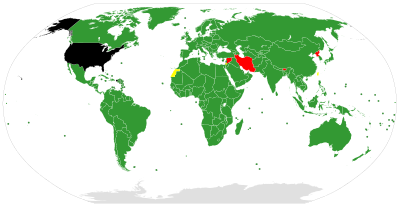
Foreign Policy Laydown Aligns with Centrism
“There has been one constant amidst these shifting tides. At every turn, America’s men and women in uniform have served with courage and resolve.” End of Combat Operations in Iraq 2010
- Obama had conflicts with the civil service who would misinterpret, bury and slow walk presidential recommendations.
- American forces would be leaving Iraq in 2010 and then use residual forces, once out you don’t want any other force to fill the vacuum however. Obama seems to have amazing predictive powers…..once again…implying his concern about ISIS before ISIS was thing.
- On the Afghan campaign, once American leave, the Taliban will retrench. Karzai struggled with corrupt government. In Kabul, there were shady operations.
- Obama in March 2009 increased the troop deployment in Afghanistan even though he campaigned on drawing down troop numbers.
- G20 Summit: Air Force One has a shower, armored windows and 4,000 square feet of office space.
- Obama strengthened US global vision; US was able to abide by global standards. The US had Iraq and a bank crisis was threatening to take the US over a cliff which reduced the US’ standing globally..
- Sarkozy was crazy, genuine and would take credit for good policies. He endorsed Obama. But he was unstable and not consistent and failed to do anything tangible for the US.
- Obama’s Read of the Global Situation
– BRICS were big nations and saw the crisis as a means of flipping the paradigm. Give these nations more influence.
– Brazil had promise;
– Russia…Medvedev and Putin criminal syndicate;
– India, hobbled by civil service;
– China, not in a hurry to take on the world order in 2009;
– South Africa, broken. - Very few countries were interested in acting beyond narrow self-interest. Bilateral negotiations were the preference.
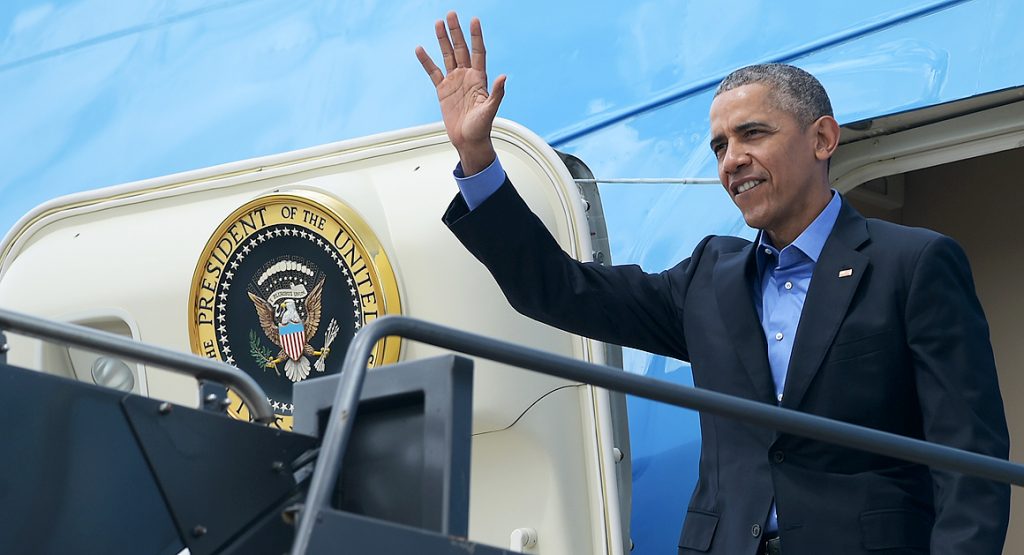
Media Misinterpretation of Obama’s Global Tour
- The ‘Obama apology tour’ was misconstrued from a comment that every country ought to believe they are exceptional. The media ran with this, pretending Obama had apologized for America’s world superpower status. Michelle touched Elizabeth II’s shoulder which was a violation of protocol….
- No major pratfalls on the tour, Obama spent a lot of time putting out Bush’s fires. The last turn on the global board game. That is natural. You should expect that the hopeful past was now rough.
- Turkey’s Erdogan in 2002 reshaped Turkey as a new Muslim nation-state.
- Democratic values were in decline. Claus in Czech Republic. Obama sees these guys as power brokers at the local level with whom he had interests and had to work with.
- Captain Philips could have gone badly. Somalis warped, religious and casually cool. Obama wanted to help these pirates rather than kill them.
- Al Qaeda: Drone strikes and Obama was not able to track with all the burner phones. Ensured a ranking on the targets. Obama couldn’t look soft on terrorism. He did sign an executive order on waterboarding, ending it officially.
- Obama was going to give a speech in Berlin and use a line called Community of Fate! Unfortunately, it was actually a Hitler line from one of his speeches…Obviously wanting to avoid anything remotely controversial, sometimes hard to avoid, the term of phrase was scrapped.
- ‘A New Beginning’ Islam speech in Egypt, probably a good speech to point out progress was inevitable and that Islamic extremists were not representative; and that the dictators who gummed up the arguments about fighting democracy were trying to cover for their failures.
- In the dessert, Islam was dominant in Saudi Arabia….established Islamic shrines + oil development; sent their kids to Harvard and Cambridge.
- Obama’s dad was not Muslim.
- Obama rejected personal gifts from leaders. Obama thought about the necklace, how many kids that could help?
“In the middle of the Cold War, the United States played a role in the overthrow of a democratically elected Iranian government.” – Obama acknowledge the 1953 Coup
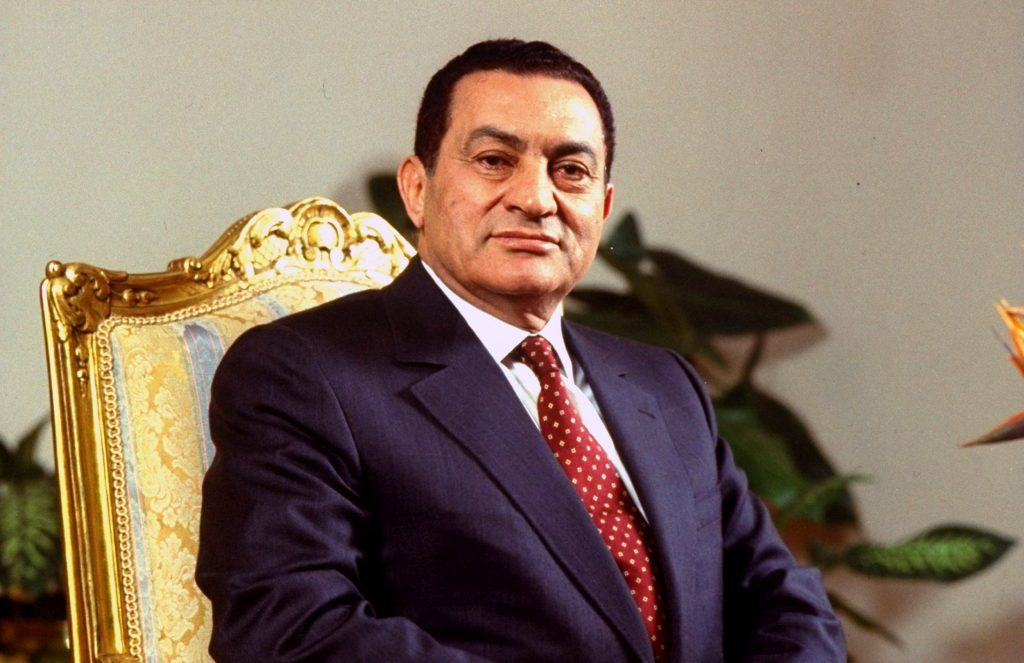
Mubarak, Ally to US Interests in the Middle-East
Overcame the Suez canal crises on the mid-20th century…. Pan-Arab nationalism…Sadat’s 1979 peace treaty facilitated support from the US. Obama believes that the Mubarak Palace had no broader interest then to protect the tangled patronage that kept them in power.

Healthcare Would Cost A Lot of Political Capital
- Obama points out that Medicare and Medicaid had the effect of pushing up the prices of health insurance for insured employees in the US. Medicare for All was considered very progressive, to distribute healthcare resources not based on the ability to pay, was pushing hard to the left.
- Obama was saying that universal healthcare campaign would build on Lyndon Johnson‘s Medicaid and Medicare plans of the mid-1960s. Why should Americans pay way more than Canadians on healthcare per person? Especially when are you getting the same or worse quality of care, another (UPO) unprovable partisan opinion.
- Note: It’s actually very difficult to discern what is good and bad healthcare on a person to person basis even at a system level, region to region, country to country and that’s ultimately what is being discerned in Obama’s statement: the cost (budget) / capacity (accessibility) of healthcare in Canada is lower with similar outcomes. We enter a biased lens as Canadians and Americans here: of course, my family is better than yours (our emotional instincts are tethered to reality of our self-love). …more on this later!
- Rahm Emanuel and David Axelrod advised against pushing for aggressive healthcare reform since you would spend a high degree of your political capital and if you lost you would be ‘a very weaken president.’ Of course, what Obama was saying ultimately was that he had sold the poetics and needed a major win or his rhetoric would look ridiculous historically.
- Obama was overconfident in pushing for universal healthcare, for sure. The Democrats had the Senate, the House and the presidency so they should be able to get these things through. But, of course, the Democratic Party has factions, cleavages, strong and weak interest groups, counter-arguments and donor pressures…the Republicans also had those dynamics.
- Obama decided to do the courageous thing. Leaving your family with a mountain of debt because you were fighting cancer is a moral problem. Obama’s mom was a victim of bad insurance policy, for example.

Sausage Making in Representative Democracy Clashes with Soaring Rhetoric
- The politics and optics of reform is very difficult. Obama and JFK had a lot in common in that they were not able to influence congress very well. They didn’t play hard ball with legislator’s careers, they didn’t do the horse trading necessary to get things done. LBJ knew how to get legislation passed. Sure, things were different now, but Rahm Emanuel was no LBJ obviously. Rahm would bully representatives in the shower but it doesn’t appear that he was a skilled and or had the rich experience that LBJ had.
- Obama had a naïve idea about having a public consultation on healthcare where all the different options could be discussed….but Rahm knew that the sausage making of legislation would mean that there will be many concessions and compromises at the legislative level and so having a public discourse and discussion on the nature of the policy belies the fact that getting anything through has to run the gauntlet of the legislative process. And the legislative process is a negotiation between representatives not actually a democratic process, it’s a horse trading exercise.
- Rahm Emanuel’s line was ‘we’re gonna be ordering a sausage to be made in the sausage factory and you’ve ordered a big sausage!’
- Obama hired Katherine Sibelius. It’s critical to have someone on the team who understands all the different policy options and the spectrum of options that could be put into practice.
- Mitt Romney’s Individual Mandate (obligates every citizen to take person responsibility by getting a healthcare plan, and those who don’t have one can select a government funded plan) in Massachusetts.
- This model included the creation of a marketplace for healthcare plans. Citizens could choose the plan they wanted and it would also include a clause that prevented targeting on the basis of pre-existing conditions.
- Obama was for Medicare for all. He makes a ridiculous argument that Canada had started with Medicare “from scratch” (…in Saskatchewan in 1962 and Federally in 1965? Canada was founded in 1867, dude) but in Obama’s mind the US was not starting from scratch…it would be hugely disruptive economically, for the insurance infrastructure so Rahm Emanuel worked with Romney to line up the democratic votes and to poach a few Republicans onboard.
- RomneyCare was a huge success?! Romney’s model would work. So, Obama began to copy that plan in order to get signature legislation through.

Pandemic Crisis with the H1N1 Swine Flu Virus
- H1N1 hit the US under Obama’s administration in 2009 and he tapped Katherine Sibelius to lead the effort. Obama’s team was warned by the Gerald Ford retirees that they should not act too swiftly and rely on the vaccine since it could actually cause neurological harm if rushed. More people were harmed by the vaccine then the swine flu during the Ford administration.
- But there was clearly a fear as this H1N1 was spreading to several schools and locations in the US. And the 1918 Spanish influenza which was spread to about 1 billion people and killed 50 to 100M people with the result that babies in utero develop permanent disabilities which included getting the lower standards of living, lower socioeconomic status as a result of contracting the flu in utero.
- 12,000 people died of H1N1 and obviously comorbidities are a big factor in the US. But at any rate, Obama was lucky the virus was quick acting, showing symptoms as it spread! Obama considered closing down schools but decided against it. The virus was not contagious and did not spread across the entire population and was quarantined out of existence.
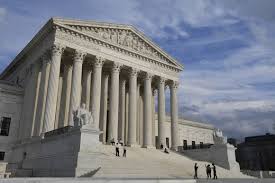
The Supreme Court is Partisan Due to a Vague Constitution, Unlike Most US Laws
Marbury v. Madison gave the Supreme Court supremacy over the constitution. Major social issues are routed through the Supreme Court as a result. Terminology within the constitution is so vaguely described that you can have competing interpretations of values and interpret the constitution to back your values. In fact, we know that the founders had competing views and values at the time of writing it and therefore the ‘founders intent’ narrative is a very weak argument.
Obama had to replace Souter and had met many ‘high IQ morons’ in academia and otherwise so he opted for Sonia Sotomayor who was born into a lower middle class Portuguese family in the Bronx.
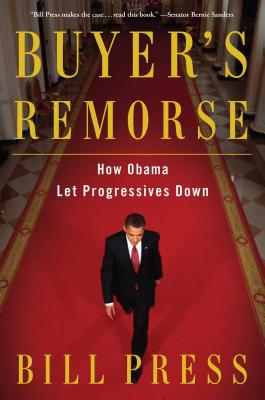
Obama Ridicules the Left Who Will Never Have To Pass A Law
- The healthcare negotiations were snapped back and forth by capitulations as perceived by anyone on the left who would never have to deal with actually getting bills passed without a Filibuster and therefore were very “Weimar Republic-esq” in their inability to reason out concessions legislatively but skilled at appealing to the masses (ie. as a parliamentarians, you could grandstand in the legislature and never have to pass a bill during the Weimar Republic, and thus it was a very weak form of democracy that failed to cultivate effective leaders, arguably leading to the rise of Adolf Hitler…this is just a theory from the likes of Niall Ferguson etc).
- These progressive folks could talk about aspirations because they never had to cut a deal. They talked of railroading legislation as if that was even feasible legislatively.
- Anyway, Obama points out the biggest problem with the doctors was that they basically could still charge whatever they felt necessary. And that patients would see a drug ad on tv and still want that drug even if it was deemed a marketing scheme by a bell-curved scientific review. So, Obama pushed for a committee to set prices. The Cadillac benefits was another problem because there were these expensive plans that didn’t really effect outcomes but were highly sought after. Union leaders didn’t trust that any saving would go to their members. And they knew they would catch flack about changes.
- Axelrod took Obama aside and said, people who already have healthcare were skeptical of any reform as additive of their care. Maybe we should back off healthcare….
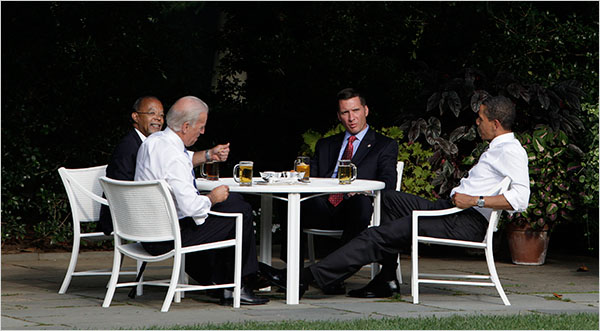
Since Politics is Emotional, Comments on Race Explode Quickly, Sensationally and Crowdout Substantive Policy Discussions
Harvard professor Henry Gates was interrogated by a police officer for seemingly breaking into his own home, so Gates branded the office a racist. Obama quietly believed that Gates had not shown respect. Cussing out a cop. Obama used to get followed around by security guards. If you were followed, it was not a matter of paranoia, in Obama’s estimation.
4 minutes out of a 60 minutes discussion on healthcare police was all the media covered, and that 4 minutes comprised of Obama saying that the police acted ‘stupidly’. This is an example of a politician’s intentions begin warped for political points.
Stupidly does not equal stupid in reference to Sgt Crowley, according to Obama. Both Gates and Crowley overreacted. So, a beer summit was done to close off the issue. Again, more sensational than anything, Obama was proposing on healthcare and this incident was what sold newspapers.
Obama was truly always navigating in the White House. He gave his white counter parties the benefit of the doubt on any sensitive race issues.
On Healthcare, Obama was hopeful that 2009 would be the signature year. Maybe by August? But Republicans had other plans, Boehner through Frank Luntz coined the term “government takeover of healthcare.” Grassly would just stall and stall. Never coming up with a compromise bill.

Have a Townhall, sure, but the Media will not Pay Attention Unless there is Blue Meat (engineered controversy) or Red Meat (actual controversy)
The Tea Party had angry protesters outside an Obama event. This new NOPE movement was led by people like Ron Paul who was calling for withdrawal from NATO and end to the Fed.
Tea Party mobilized narratives around death panels, benefiting illegal immigrants, the birther movement (i.e that Obama was born in Kenya and ineligible to be president was at least in part racism.) The fact is the thought that the president of the United States was not even an American citizen was just too juicy a story not to cover it. The news media was selling lots of papers with Donald Trump playing up the possibility that Obama was not legitimate. Threading the needle between a) a legitimate concern about a person’s place of birth, b) implied racism. If it 10% racism and 90% a legitimate concern or vice versa, the fact is that was more interesting than public policy. Trump, himself didn’t have to believe it in order be leading in the Republican New Hampshire primary in 2011…And Obama’s team knew that white voters don’t like lectures on racism so the Obama White House was silent on the matter. Finally, Obama made a statement once he released his long-form birth certificate, but he was ultimately unable to capture the media’s attention when it came to his policy.
“The paid media is not the ideal conduit to discuss your policy options as a citizen…” – Professor Nerdster
Never Call Your Opponent Racist, That’s a Common Default Assumption
Obama’s position is that you should never complain about voters. The white predecessors. Whatever truths you might have, there are competing viable explanations about intentions of separate individuals. Obama was not going to win by labelling his opponents racist. State rights versus ending Jim Crow / culture, it’s just not going to get you very far, in Obama’s estimation.

Horse Trading on the Affordable Care Act
- Obama was no LBJ…Efforts to placate Chuck Grassley were fruitless. Finally, Obama was asked ‘If we met everyone of your five new complaints about the bill would you support it?’ Chuck Grassley paused and said “I guess not.” Rahm Emanuel was being a bitch as usual said, “Well, we should have pushed for a slimmed down bill that a few Republicans could accept!”
- All the evidence showed the Republicans did not want to cooperate, however.
- Obama has always felt lucky….
- He had to explain broadly and intricately the Afford Care Act, discuss what the risk corridors are and the Excel file full of formulas and options. He needed to “fight cynicism.” Obama decided to do a TV presentation on the subject. 1 hour of the reform proposal and the time was now.
- Obama was able to get the healthcare bill kicked out of committee. On November 7th, 2009, Pelosi needed to make sure the bill wasn’t going to fizzle. Senators had lots of requirements, there were hold outs seeking horse trades. Liberals had no problem taxing pharmaceuticals but when a company was based in their jurisdiction, individual members demanded a reduced tax rate for their donors, ie a carve out. Hypocritical!
- Harry Reid basically sorted out the deal.
- Senate pork barrel deals were abound.
- Unlike LBJ, the discussions hit the press core.
- Obama stripped the public option out, arguing the government option being removed would pave the way to get better options through later, senate didn’t support that now.
- Joe Lieberman was an independent but had supported McCain in 2008 but Obama let him keep his committee jobs because Obama knew he needed Lieberman’s vote.
- McConnell threatened anyone who broke ranks either with a primary challenger OR be removed from committee assignments…
- On December 24th, 2009, they got it through the senate but then Scott Brown won in Massachusetts. Obama blames Coakley for being a bad campaigner in that race, i.e. not a reflection of the public view of Obama.
- Senators think all congress men are ill informed and congressman think senators are bloated and ineffectual, according to Obama, they’re both right!
- Rahm was starting to vent about Obama’s healthcare strategy to the media and the resulting ‘scaled back strategy.’ Rahm was prepared to resign over his criticism that appeared in the major papers. But Obama said, ‘go pass the goddamn healthcare bill.’
When in Doubt, Split the Bill into Acceptable Components
So now with 59 votes in the senate, he wouldn’t get it through without a filibuster. There was another path which was Budget reconciliation; and to split the bill and pass a separate bill, had to scrap the 50 state healthcare markets instead of a national one, however.
Republicans Opposed Obama – January 29th, 2010
Republican didn’t know what was in the bill but were simply anti-Obama. But it basically emboldened the democratic healthcare bill. The press ran out of the things to talk about on the Affordable Care Act…Is it more important to get and stay elected or be courageous? Getting elected since you can’t effect change from outside.
On March 21, 2010, could have a last minute switch back by some legislators, but it was going to be passed. This law better work since Obama would be owning the healthcare system. Yeas and Nays, 216 passed. It’s done! Promise fulfilled.
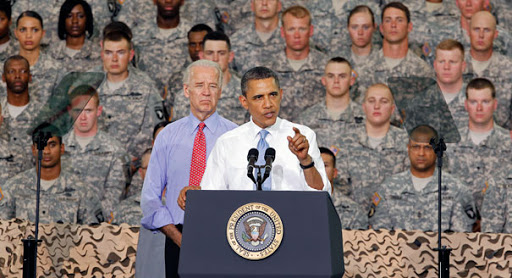
Military Industrial Complex
- The world as it is…Obama had to write letters to the families of the fallen. In Iraq, the government was split between Sunni, Kurdish and Shia; but the new regime was not willing to compromise on their ethnic dominance.
- Afghanistan security forces needed to be trained. McCrystal asked that the White House give $1B for every additional 1,000 troops in Afghanistan. Bob Gates wanted an additional 10,000 troops. ‘We have the highest military count’ Obama was complaining that his staff should stop telling me the military sources had leaked the story. Working the press behind the scenes.
- The 9/11 era sought to avoid congress being held responsible, need to get the country safe, shifting power to the Pentagon. Civil control of policy making was in question.
- Afghanistan Pentagon advocates sought “$30B per year” McCrystal’s argument was to ‘give the troops a chance to succeed.’ Taliban was basically infused into the country. Afghanistan was not like Iraq; the military wasn’t optimized to solve the political difficulty; they were dependent on US support. 30K new troops, and the Canadians and Dutch wanted to leave. More of a surge than a withdrawal. They had a time table as well but Karzai didn’t feel obligated to transition based on that timetable.
- Nobel Prize for Obama…that was a major shock. The prize was a call to action, shrinking ethnic divides, climate change. However, Obama was beginning to see a widening gap between expectations and the reality of his presidency.
- There was another 20K troops; it was ideological, the Pentagon had a habit of getting enablers NOT included to the troops’ numbers. The Pentagon was basically trying to convince Obama to accept; December 1st Obama sent more troops to Afghanistan in order to protect the peace. War is contradiction.
“Cleared-eyed, we can understand that there will be war, and still strive for peace.” – Nobel Peace Prize acceptance speech 2009
Cookie Cutter Speeches
Obama international speeches to small countries he visited has a simple template he followed. Just as individuals want to be respected so too do nations. The template was simple: [greeting in native language] great to be in this country that has brought so much to the world [insert list of accomplishments]…[US and x country summary of relations]….[How the US has been shaped by immigrants from that country]…[Closing poetics].
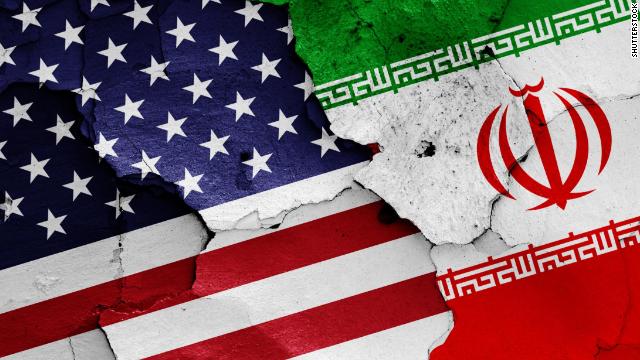
Iranian Relations
1951 Iran nationalized oil and British was not happy so the British convinced Eisenhower that Iran was leaning towards USSR and should therefore institute the ’53 coup…commercial interests mixed with national interests were at play when it came to oil production. Then the Shah did a horrible job and in 1979, the Ayatollah arrives from Paris. Why were they chanting “death to America!” The fact that Iraq went to war with Iran and Iran used terrorist tactics to destabilize and attempt to overthrow other regimes using US sold weapons showed the tangle web. Hezbollah and Iran were a headache. Iran had nuclear facilities at the time of the Shah; but they could produce a bomb and prevent US intervention without risking a nuclear retaliation on Israel.
Obama’s Approach with Iran was:
- Step up a handshake for an open dialogue, Iran was happy to give the middle finger; Iran’s Green Movement and the crackdown meant the leadership was in trouble.
- Peaceful passive approach; US and Iran; Obama had less influence over that.
- Tough Sanctions on Iran P5+1 (Germany), Iran would basically string along negotiations in order to prevent the sanctions however.
Putin was not interested in the new Russia and applied soft authoritarianiansism he was genuinely popular and wanted to escape the humiliation of the USSR collapse.
Obama’s visit to China was interesting because a lot of these remarks from both the students and the Premier were prepare or vetted in advance. The Chinese insisted that they are still developing country, those living outside grill areas were below the poverty line relative to American citizens. Concerns about the South China Sea and Iran sanctions were his primary focus.

Climate Change Views of Obama In a Nutshell
- Obama’s views on climate change were informed mostly by his mother who lived in Indonesia and had, as an anthropologist, had other preoccupations such as starvation, jobs and so pollution was a post materialist concern, well after jobs are secured.
- Obamas daughter was concerned about tigers and deforestation however the primary concern was that climate change would raise the oceans. Increase the likelihood of more severe storms because there’s more urban centres to worry about but also more severe weather. Nixon launched the EPA, had to be mentioned.
- Labour union leaders were against any kind of climate change measures that would hinder the union member jobs. And climate change is a really difficult problem to solve given that it’s short term pain for long term gains and partisans are only secured for four years terms. Bush ignored the reality of climate change. Doing so would lead to a challenge from the right which denied its existence.
- Obama supported a cap and trade model; emphasized oil and gas production, but was happy to support ethanol in the swing states. Acknowledging that he can’t lose Ohio and Pennsylvania in 2012! Ambitious but realistic goals. Obama was concerned about coastal town flooding. Solar panels and windmills were still rare in 2009 and depended on whether the sun will shine or the wind would blow. The economy was built around resource extraction and oil and gas.
- The best laid entrepreneurial plans will lead to risks. Solindra failed by 2011, cheap Chinese manufacturers crushed it. Clean energy moon shots to combat climate change were long-term.
- The Clean Air Act 2003 was a step forward but Bush’s EPA didn’t want to control exhaust from cars and refused to classify it as a pollution.
- For Obama, regulatory policy actually helps make life more safe. For example, airline regulations make flying more safe. And clean water is more likely with regulations. But regulatory policy was always viewed as bad by the right. In part because it created government jobs? But also the red tape inhibited economic development so the thinking goes.
- Case Sunstein: The benefits of regulation outweighed the costs. Automakers accepted national standards, The auto-bailout (never mentioned bailouts) when they accepted the new standards.
- Obama had collaborated with McCain quickly after his election defeat recently on environmental policy but as soon as that was released to the press, McCain received a threat from his right flank if he continued to work with Obama so he had to withdraw or risk losing his senate seat.
- Congress was unhappy about these centrists. Senate is where good ideas go to die. Cap and Trade: companies that exceed have to pay a fee. They would support it even if Bush senior had a cap and trade policy but not if Obama proposed it. Getting a congress environmental bill before December was not realistic. Not enough runway to land this bill.
- Brazil ‘92 Earth Summit, Kyoto Protocol had a cap and trade function. Kyoto was mothballed by Bill Clinton in 1997.
- Lindsay Graham was media savvy but a double crosser on bills such as climate change legislation.
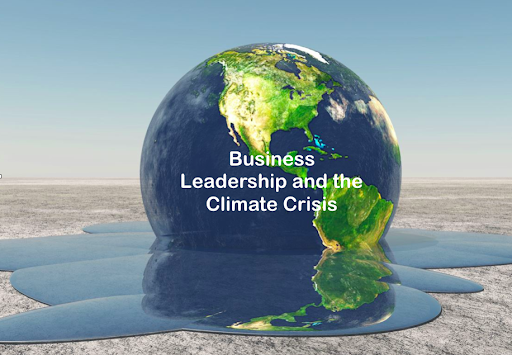
Common Differentiated Measures
Common differentiated meant that rich countries that had higher emissions standards could achieve greater reductions but were also the bearers of most of the costs in fighting climate change (even if it was through pollution that these countries prospered, it was a tough sell). China and India didn’t have to work by the same rules. Measures that Obama wanted to improve upon:
- Self-determined; wealth energy profile and would be revised
- Measures to verify
- Wealthy countries would help developing countries
Ban Ki-moon was not a social guy. Copenhagen Summit: treaty was held up. Chinese and BRICS were not supportive. It was already looking like an eminent failure, as Obama crossed the Atlantic: Obama was self-aware that his carbon footprint was wacky high (not necessarily hypocritical since it’s a broad policy aspirations). Rasmussen was the Dutch PM but was ignored at the summit.

Copenhagen – Cornering Your Negotiation Opponents
- When the Chinese delegation went up to hold a separate meeting with Brazil and India, Obama burst into their meeting. They were all shocked…Their view was that Kyoto is fine, the West was responsible, national sovereignty concerns trump the environment.
- Obama said they were holding it up, try telling the people downstairs what you were doing, that the poor countries would be losing funds from the US. The US was going to provide aid to these other countries to be environmentally sustainable, and these developing counties and big polluters were holding things up….Obama pushed it through.
Into the Barrel Stories
The negative stories if they aren’t broken up by global news stories or other distractions build up a negative perception and then opposition grows built up around that perception further. Then you get thrown over the Niagara Falls, according to Obama. The press was more critical;
Cabinet and staff would prevent leaks. There were no ethical lapses during Obama’s two terms. Dr. No (if it sounds fun you can’t go to that event)….
Women in the White House
Obama didn’t perceive much gender bias until he had a meeting with female White House staff. It was good to air things out. These women did not feel that they were being respected. The towel snapping was not something these women understood and appreciated ie. male networks of influence. Obama’s view was that no one was respected in the White House, it was about ideas and forcefully arguing your point. Need to fight for your own voice. At any rate, he agreed to do better to accommodate female voices.

Wall Street Reigned In, Modestly
- Congressional progressives were skeptical of all the human psyche with its ups and downs as well as the economy under capitalism with its ups and downs.
- But Obama’s primary goal was to stop financial crises; reinstating Glass Steagall just didn’t make sense since this was not an issue of investment banking and retail banking overlap. The left believed that Wall Street was a trillion dollar casino. Based in quarterly earnings. The offshoring of the jobs and the retaliation of regulating finance was not going far enough. Limiting the size of banks was another idea; but that was an idea that didn’t work for Obama. It was not necessarily mega banks that were the problem. Cutting the banking sectors size didn’t really make sense. Euro has a lot of big banks, for example, in Obama’s rationale.
- Obama’s mandate for change was not strong enough because he had held off the worst of the crisis. But what he did institute was:
- – More capital liquidity requirement:
– Derivatives intensified; used to hedge their risk;
– Needed better risk management; - Elizabeth Warren created the consumer protection project. Harry Reid put her in the Banking, Housing & Urban Affairs committee. She was a grandstander to the point of dishonesty but Obama understood that she was playing to the crowd in committee.
- Chris Dodd was long a legislative animal. While a colleague makes an impassioned plea and then in backroom deals taking the exact opposite stance, Dodd turned to Obama and asked “You didn’t think this was ever on the level? Did you?”
- The House could pass the bill but they would need a Democratic senate needed every vote. Had to serve the conservative Democrats. Regulation happy Democrats were afraid to go after any of the major banks. Politicians who were complaining about special deals being carved out for healthcare reform, now wanted to carve out special deals for whatever they could get for their constituents.
Obama consistently feels like the fisherman from Old Man & the Sea with the sharks eating the tuna as he brings it home.
- Increased transparency on Senior Leader Team compensation;
- Consumer protections;
- Clawback mechanisms for questionable practices.
Mostly came through intact. Amendments didn’t nip away much. July 2010 Dodd-Frank Wall Street Reform and Consumer Protection Act. It had compromised: fairer consumer protections. Dodd-Frank is now possibly going to be adjusted, with reduced regulation. Promise fulfilled.

Deepwater Horizon, Gulf of Mexico Oil Spill
- April 20th, 2010, it was a space agency-caliber problem; the underwater leak was almost impossible to clog.
- Politically, the oil spill was right in the middle of negotiations on Climate Change legislation in which a concession had been made for Republican support in exchange for regulatory loosening of the offshore drilling protocols. Therefore, Climate Change legislation was killed off after this accident.
- British Persian petroleum in the 1950s had spurred the coup in Iran. Beyond Petroleum now had a real time camera of the underwater leakage that outraged the world.
- Jindal was making a political play around building a marsh so that he would look like he was doing something as governor of Louisiana.
- Hurricane Katrina was a mess, quick to respond, most of the victims were black. Couldn’t relocate because they didn’t have a car.
- This new crisis was going to hurt Obama…

Obama v. Carville
Carville (Bill Clinton’s 1992 campaign manager) basically blasted Obama for not doing enough with this crisis. The truth was Obama couldn’t plug the hole himself…”What am I supposed to dive down with a wrench myself?” Obama wanted to blast the American public by saying that this spill is partly due to 30 years of Republican idea that the regulation was the problem. BP didn’t have the tools on hand because they calculated a spill was unlikely and wanted to save money. That people didn’t want to pay taxes, Jindal tried to score a point while he was an oil industry insider, that Americans love their cars and cheap gas more than they do the environment. Boring to talk about environmental goals and or would be seen as boring, that Americans just wanted this issue to go away so they could feel less guilty about polluting as usual.
Axelrod needed a break and Rahm decides to run for Mayor of Chicago. So they both quit.
The Republicans were tasting blood. They wanted to block the Repeal of don’t ask don’t tell, needed to muster 60 votes for a bunch of other items. McConnell had a tax cut bill while Warren Buffett pays less than his Secretary proportionally or in fact in absolute terms if other entities for which Warren Buffett pay the taxes on his behalf…tax law is complicated. Bush tax cuts were happy, doctors and lawyers don’t think their own taxes should go up. Anyone making more than 200K are rich. Obama would need to compromise.
Any increases in taxes would be harmful to get that through Obama’s agenda.
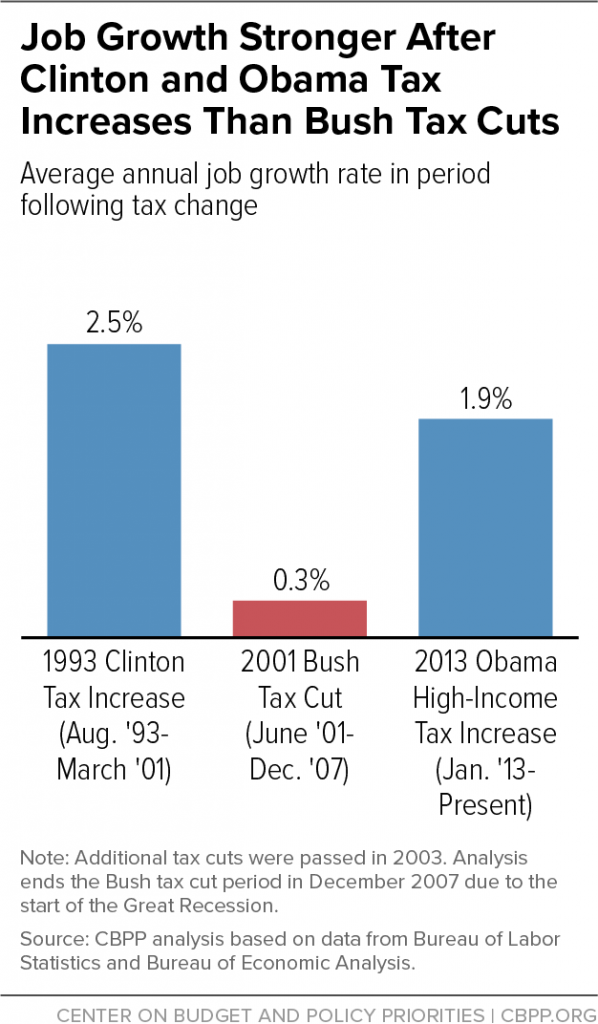
Extending the Tax Cuts
Joe Biden negotiated McConnell legislation. McConnell said the only thing he ‘wanted to do was make sure Obama was a one term president.’ Joe Biden was a better negotiator. December 6th 2010 got the concession for his bills in exchange for extending the tax cuts for another 2 years. The idea was that McConnell was betting Obama would lose in 2012 and Obama was betting he would be able to reform in 2012. The worry was that the Bush tax cuts would be made permanent. Bill Clinton had a “reasonable centrist” view to get the détente.
Michelle was doing a good safety bill. 3 ½ weeks of Christmas, had to posse for the secret service staff photos.
The Dream Act: the American children of illegal immigrants worried so much that they would need to self-deport or be deported without notice,
Don’t Ask Don’t Tell: Obama was not enlightened as a kid but his views changed overtime. The discrimination of the LGBTQ community, changed his view.
Opponents of Repeal: Obama didn’t want to do an executive authorization. Marine corp. didn’t really have a problem with being gay. The idea that these folks can’t fit in is a weak argument in Obama’s view.
DACA militarized: creating border crossing cartels. And most folks overstayed flight entry visas. 11M people in the US were believed to be illegal immigrants.
Border Enforcement: Obama didn’t want to reverse the immigration reform and then be accused of being weak on border laws.
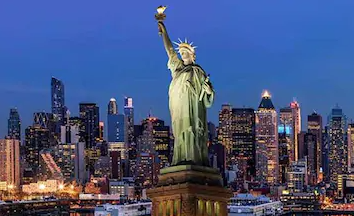
The Dreamers Act DACA
- Smart kids who didn’t take the country for granted, is how Obama characterizes the Dreamers. Harry Reid called the dreamer act critical. Claire McCaskill explained that “if I support this I would lose my job.” They had the DACA vote, but were 5 votes short, it didn’t pass. But Claire said she had to vote Yea. She just couldn’t look up at the gallery at the kids in attendance and vote Nay.
- Lame duck session in the house was surprisingly productive. 25% of the legislative was done in that one one month. Democracy was normal again for December 2010.
- Obama owed his foreign policy stability to the dictatorships. Terrorist attacks had been narrowly evaded by the dictatorship interventions at the last moment, yeah right! Planted by the dictatorship (reverse causation). Suppress press, police state.

The Betrayal of Mubarak
- He had a genocide human rights lawyer named Samantha Power who had inverted neo-liberal opinion by advocating punishing countries who engage in genocide, when Obama wanted to abide by state sovereignty. The Armenian genocide and announcing it was blocked because Obama was in negotiations with the Turkish government to support Iraqi withdraw. Same with Mubarak Egypt…As Tahrir Square took off, the US press demanded Obama take a stand.
- Mubarak said they were an emotional people that would cause a huge regime crisis. Obama got Mubarak on the phone, trying to get Mubarak to retire into the sunset and Mubarak said “you don’t know the Egyptian people, they are very emotional!” Obama then publicly sided with the protesters. Counter-protests happened. US journalists were assaulted. Without intervention, subsequent protests were met with extreme violence to prevent any kind of public political protest resulting in likely repression in places like Bahrain and Iraq.
The Thing About the UN
Syria had Russian support while the public protests were occurring. Therefore, the UN veto is another political body that blocks doing the “right thing.”

Qadaffi in Libya
Somalia Black Hawk Down (1993) was fresh in the minds therefore boots on the ground was not feasible. Libya was using ground forces to clear out (kill) citizens house by house in territories now ruled by competing factions. The consequences of intervening were significant. Obama led with intervention and so other regimes would quell protests much earlier in their cycle to prevent a potential US intervention.

Osama Bin Laden Execution Was Well Planned
Joe Biden was hesitant to proceed with the raid on the Abbottabad Compound. Obama weighed the probability that the tall man walking in circles in the courtyard was Bin Laden…Obama instincts were good…He got Bin Laden which was a rare bi-partisan victory...
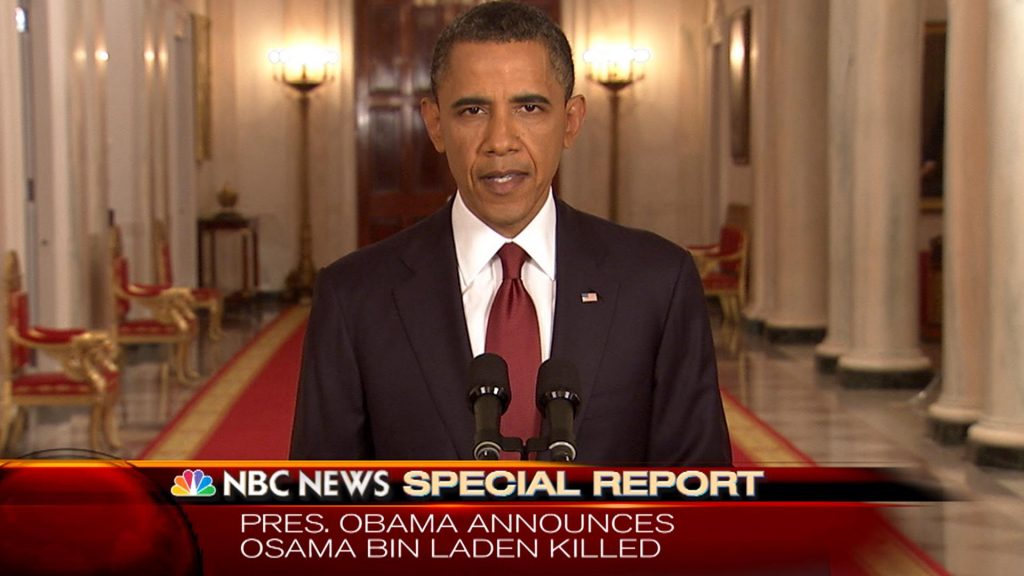
Book 2 is likely coming in a year or two….more to come then….

